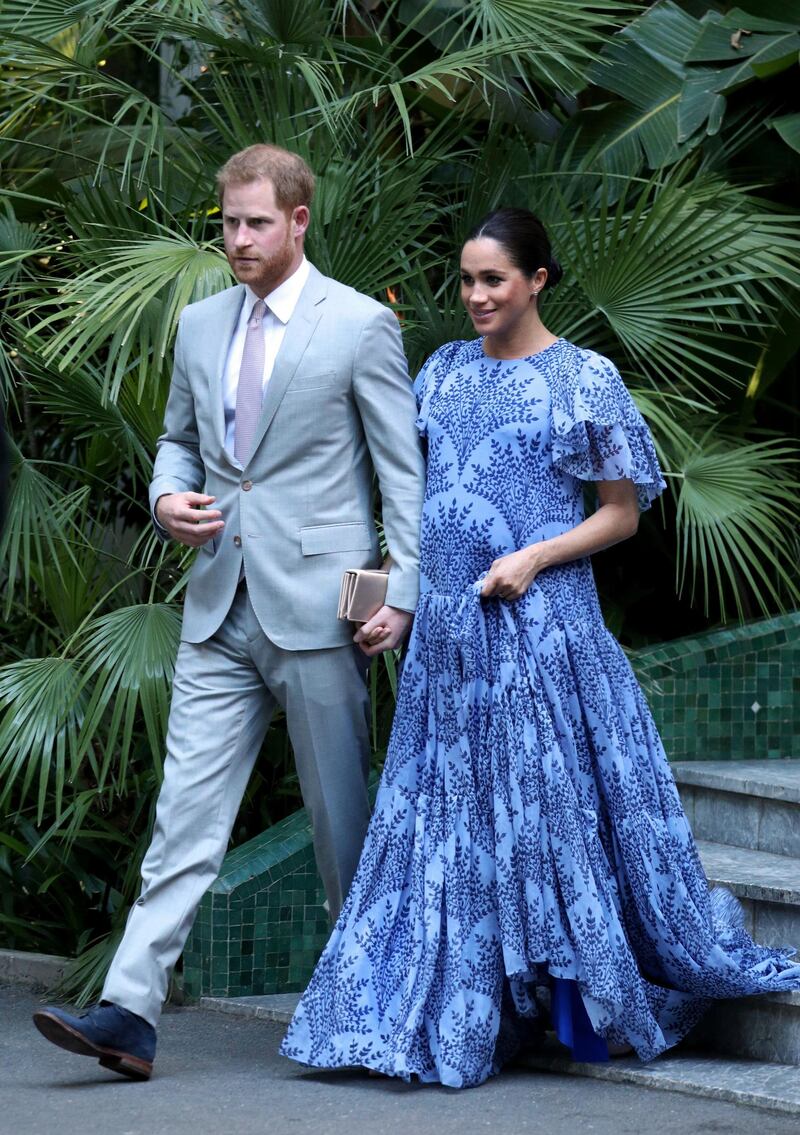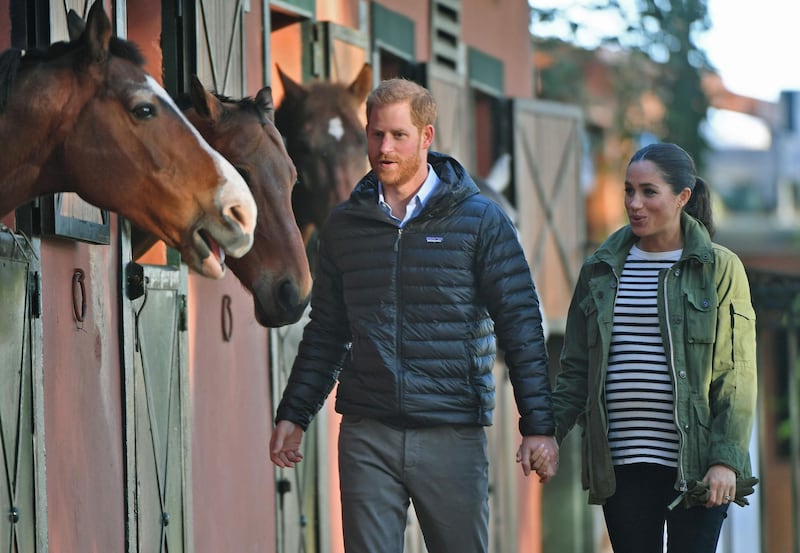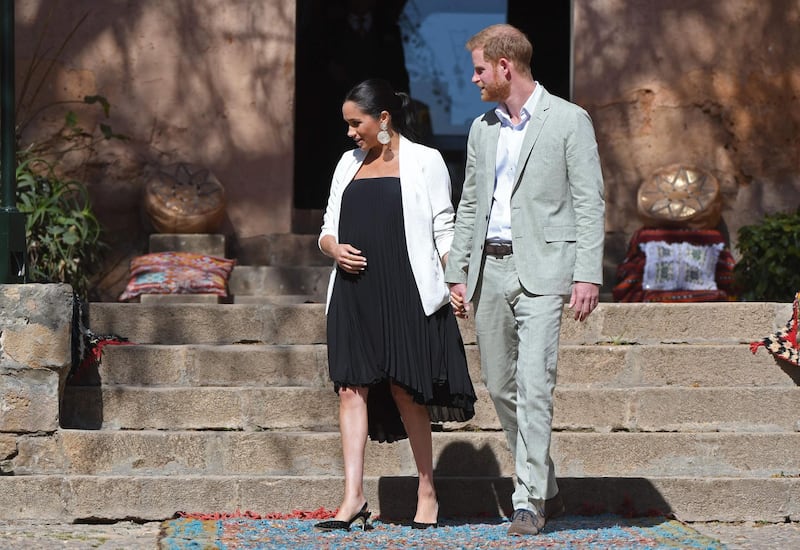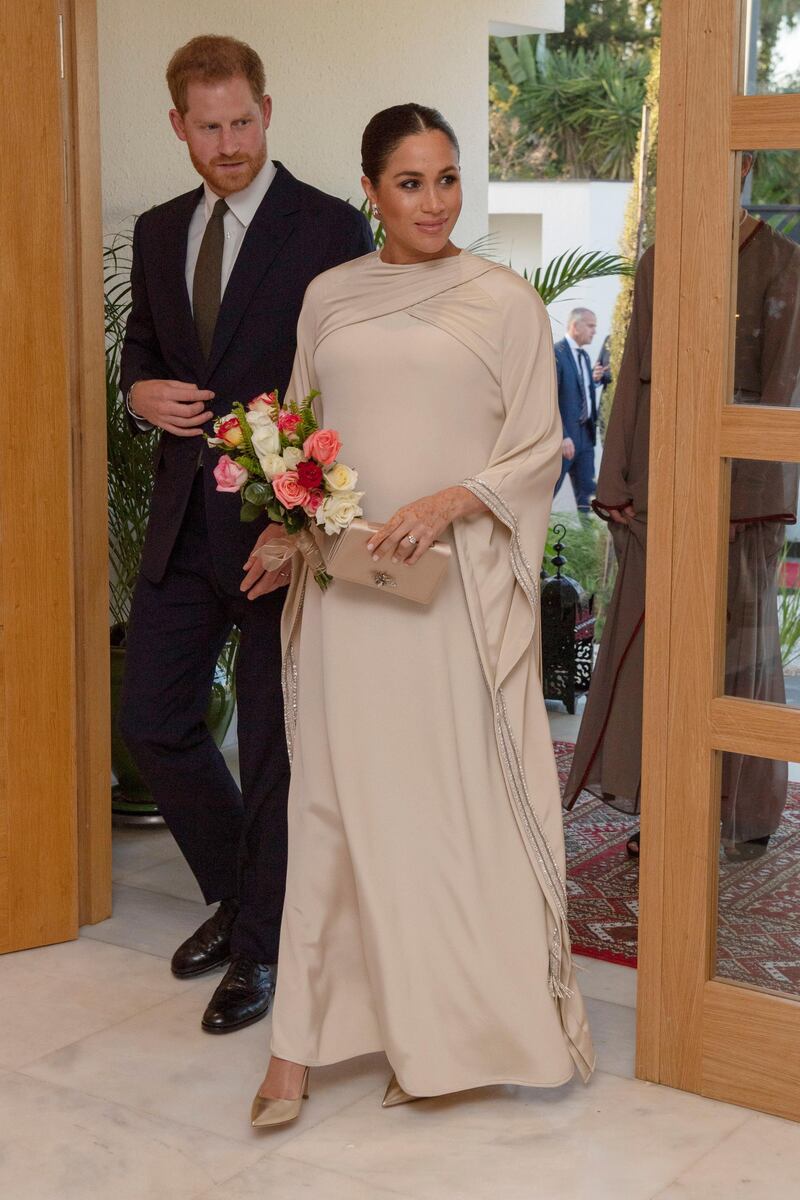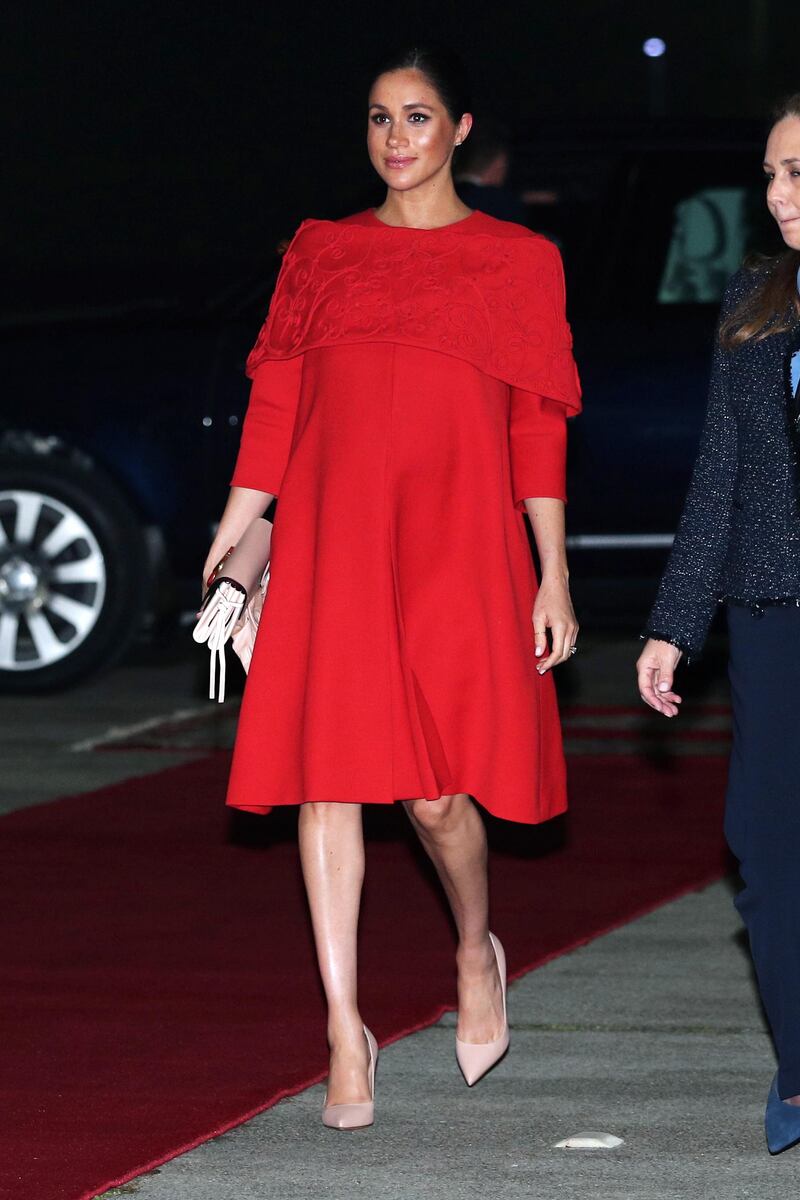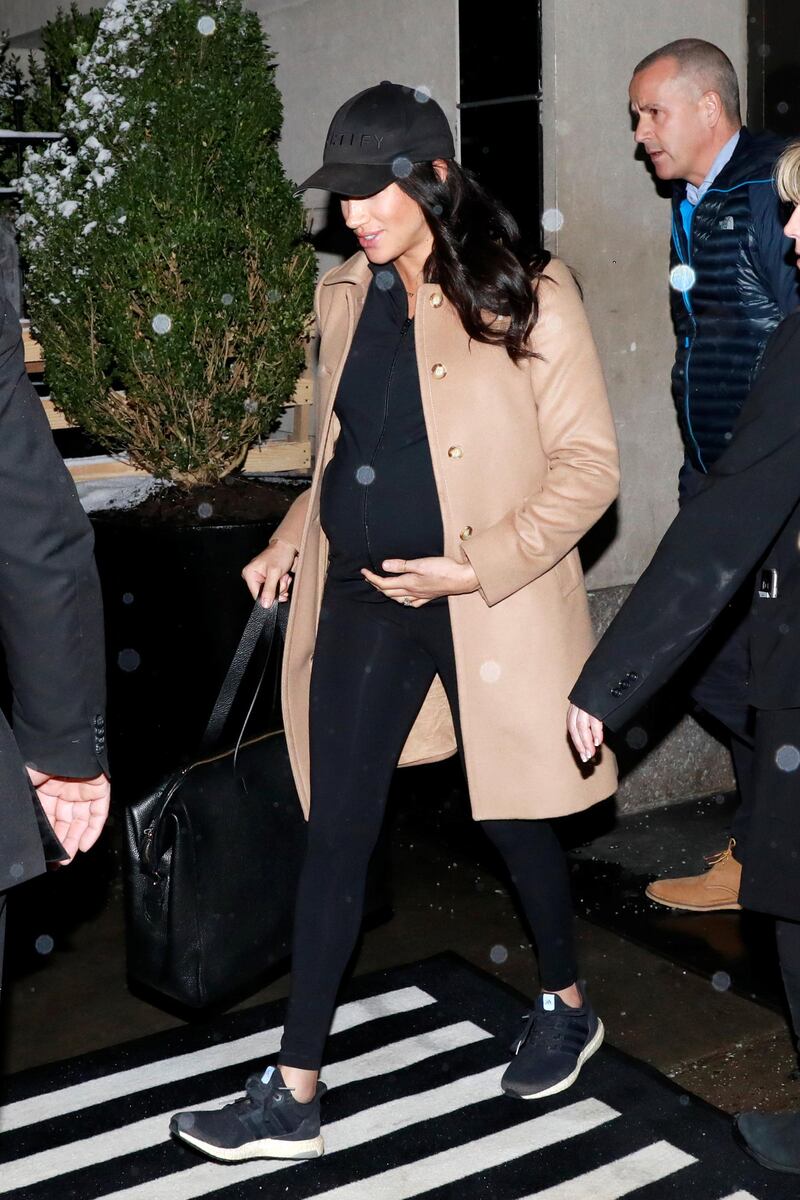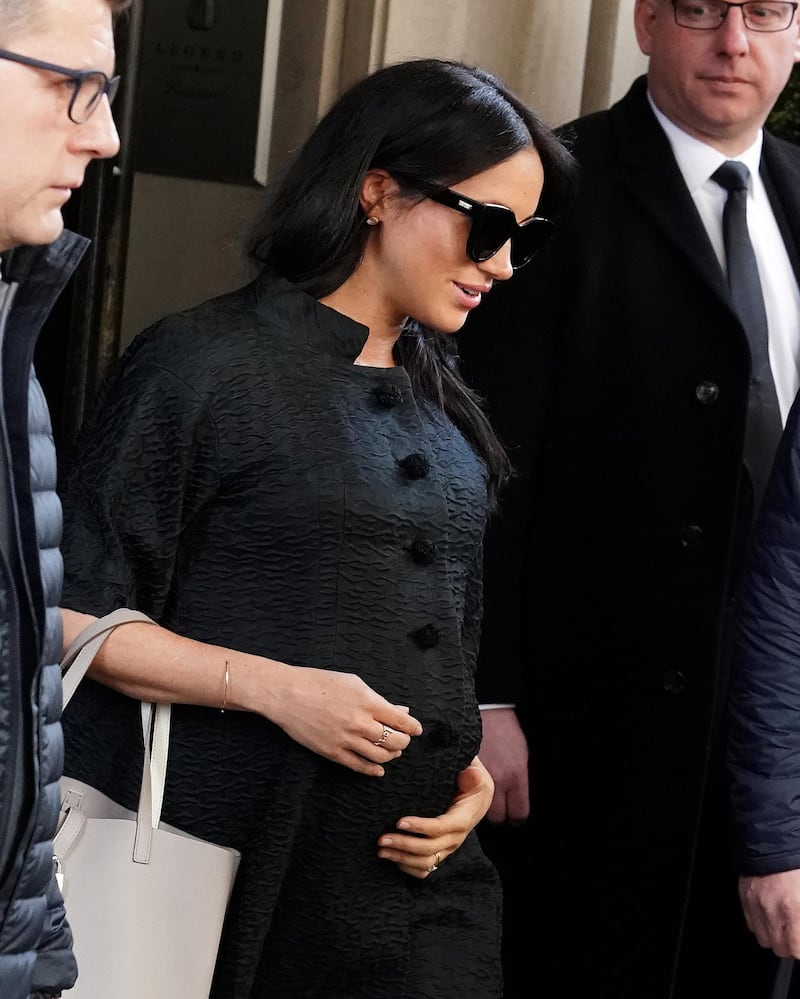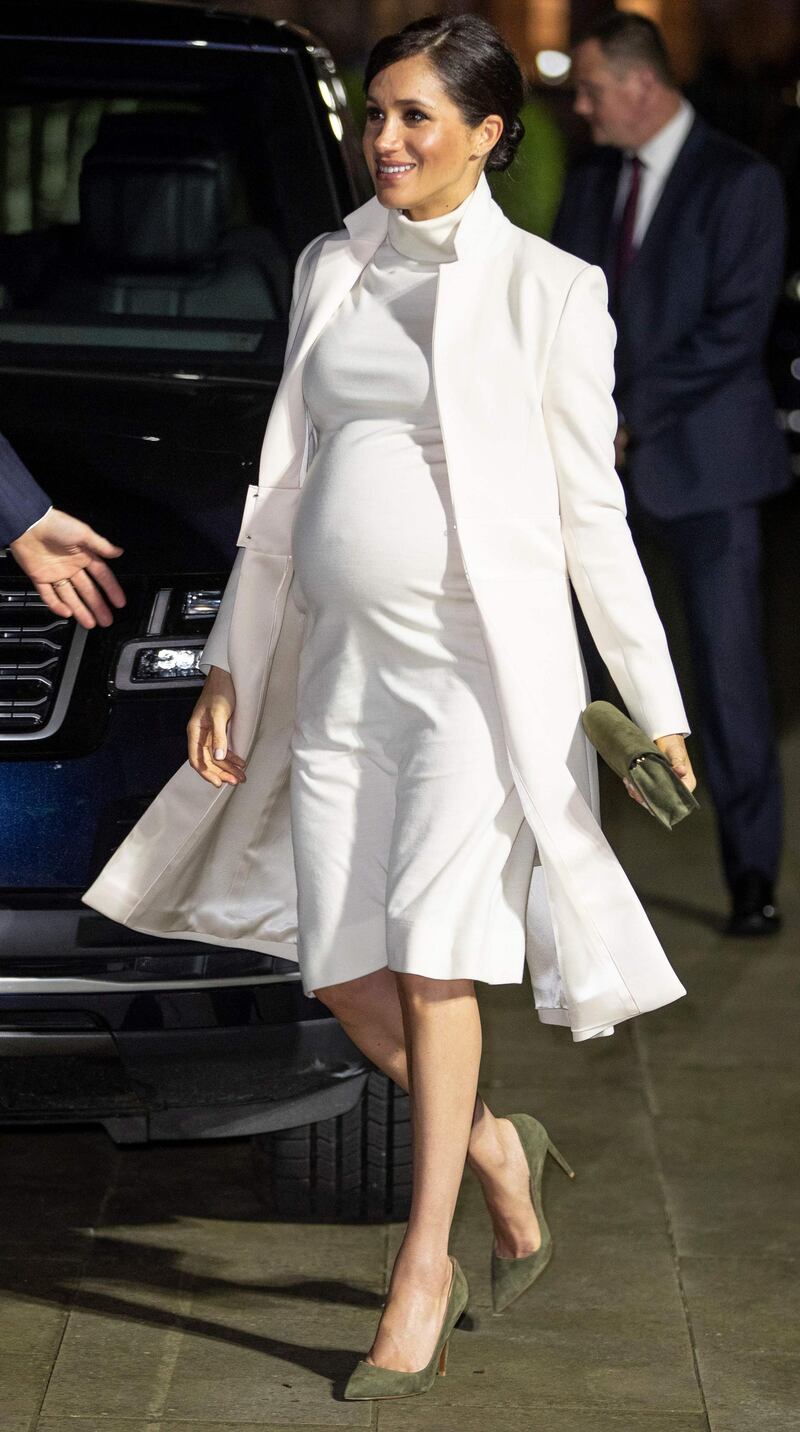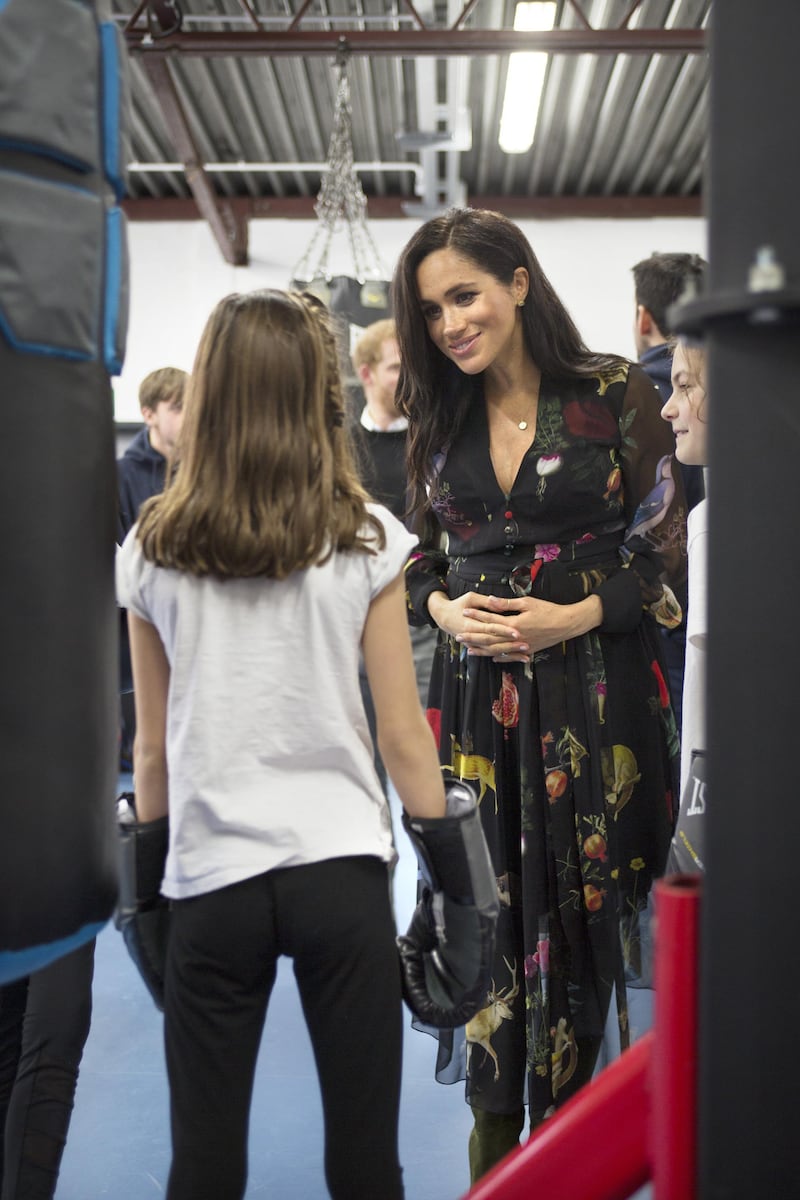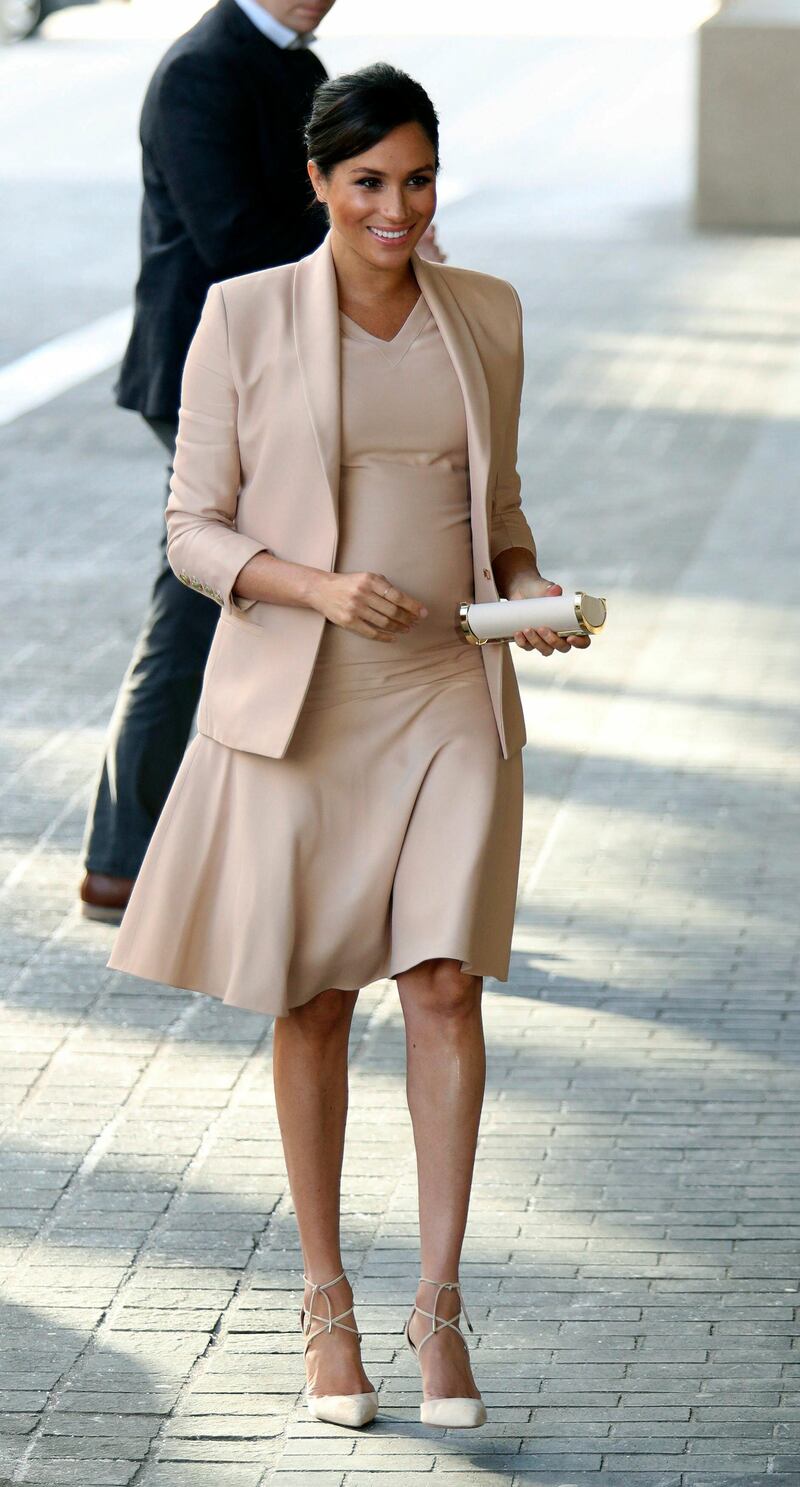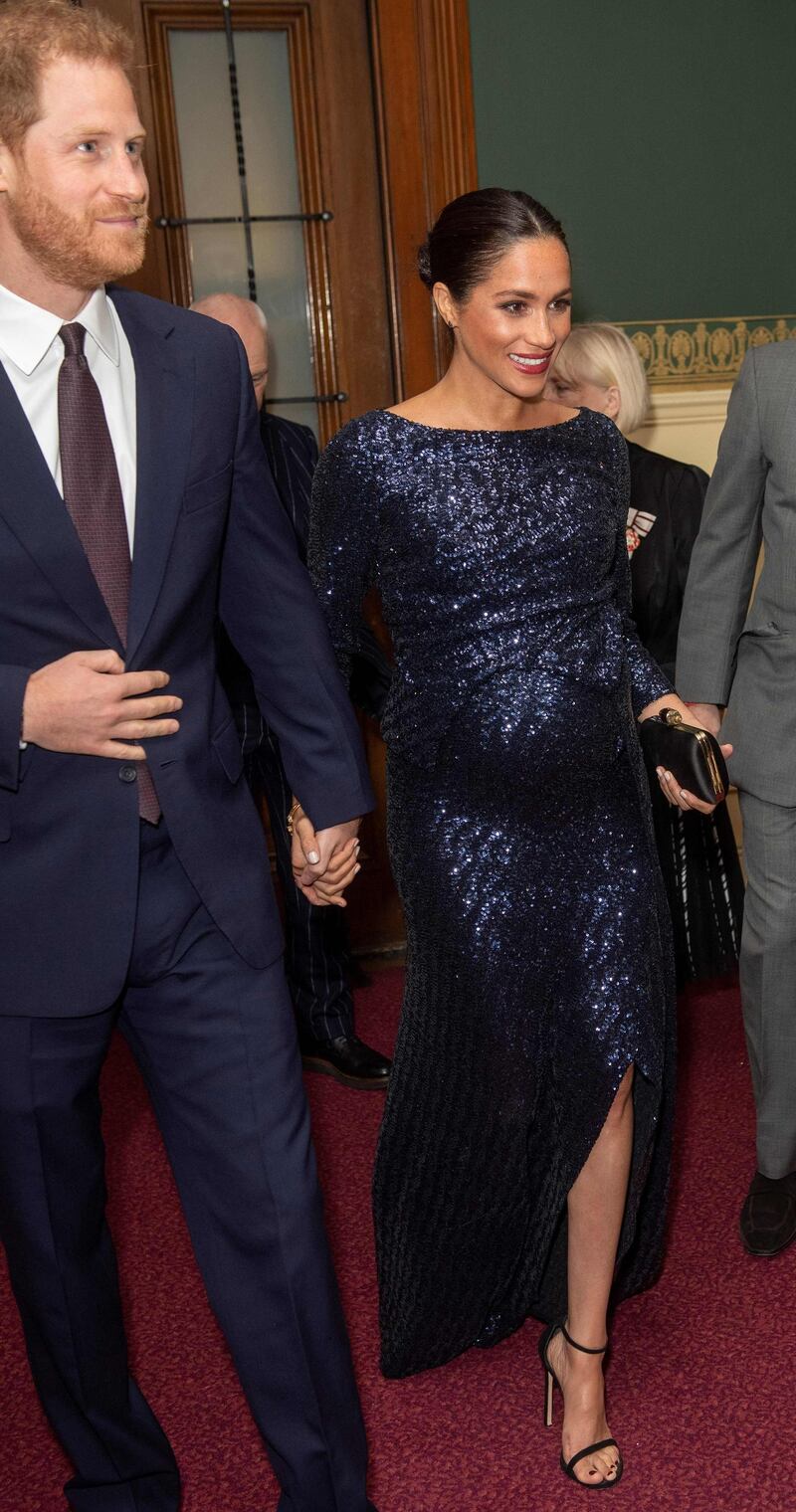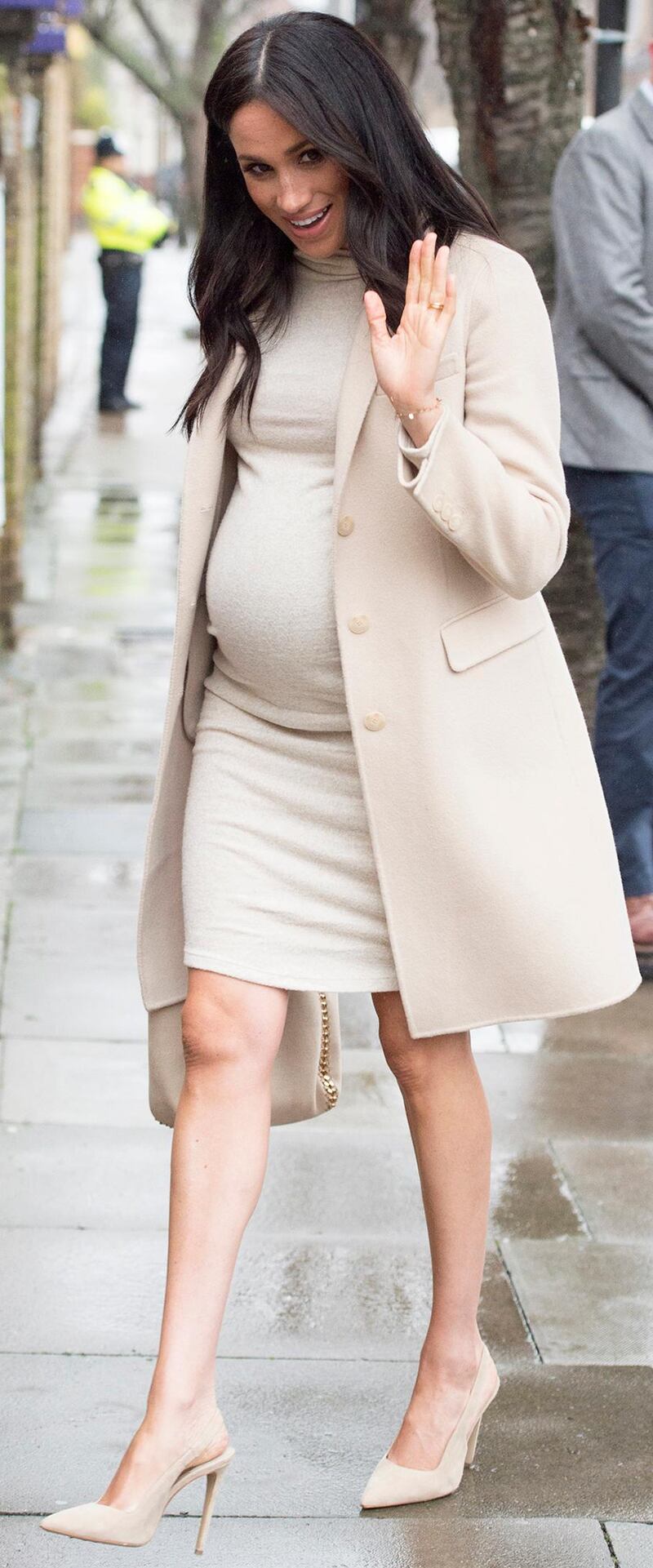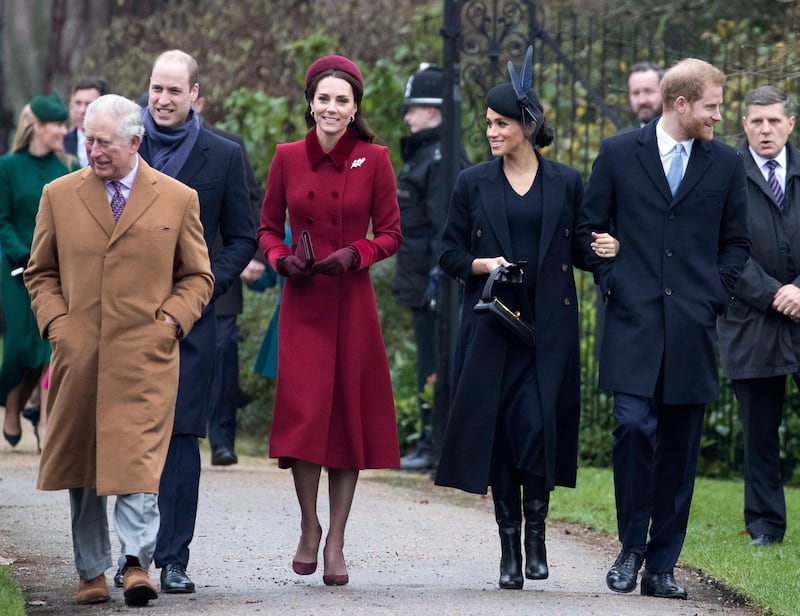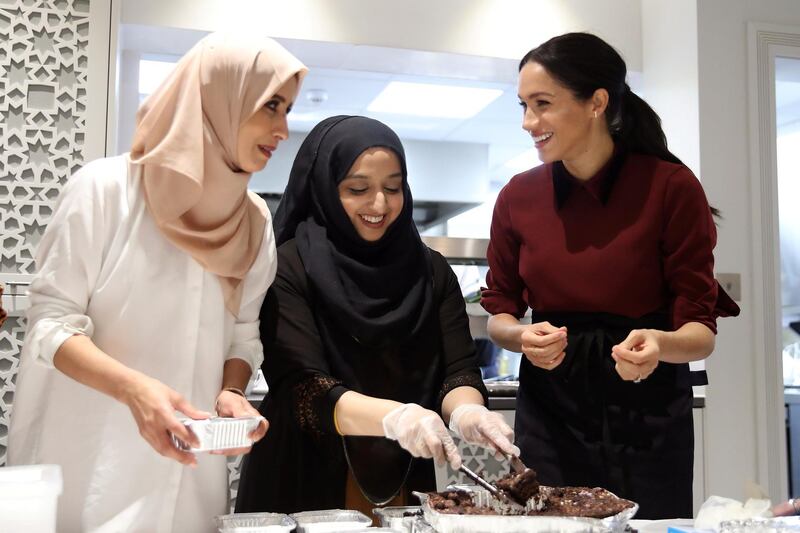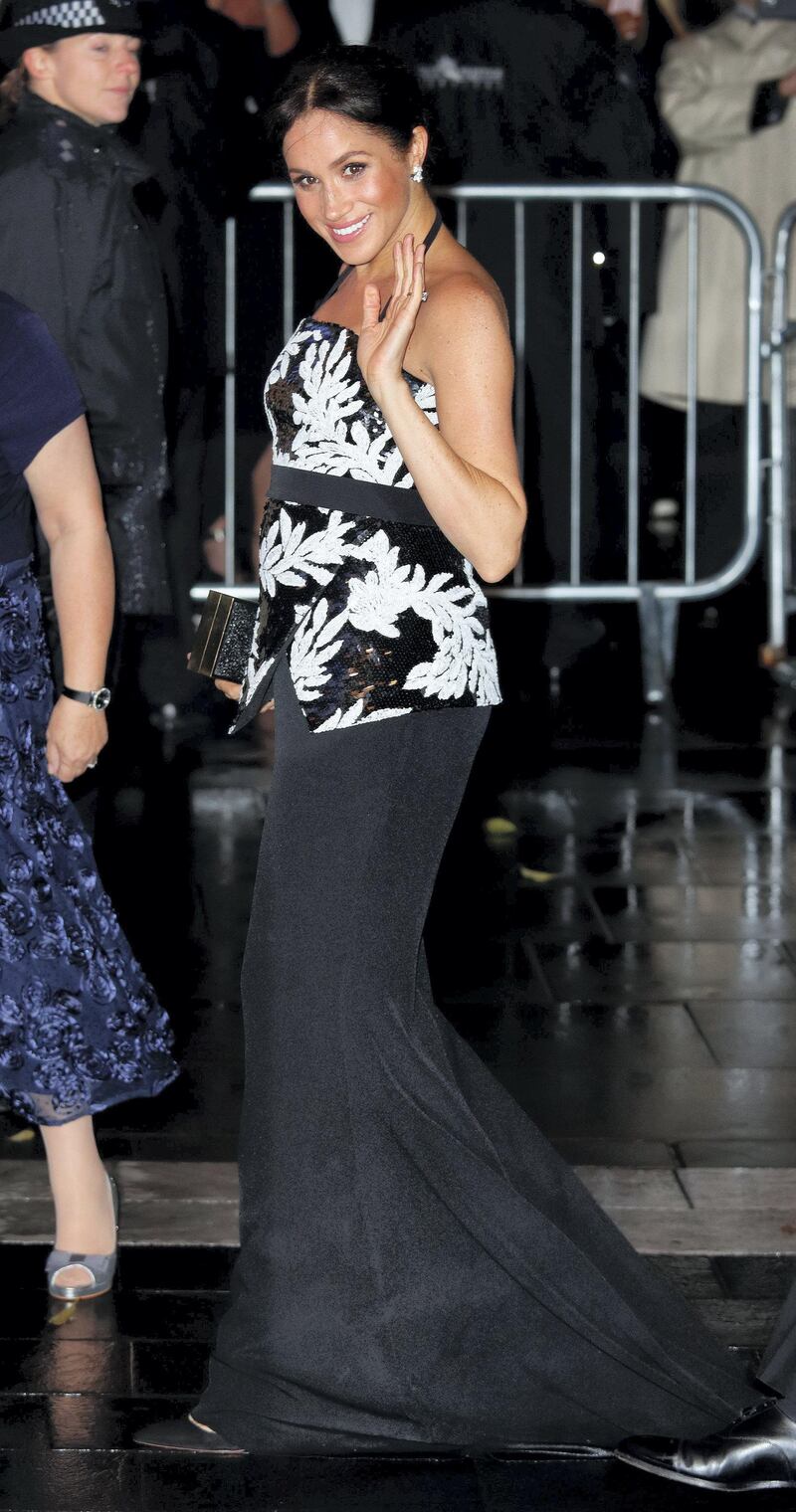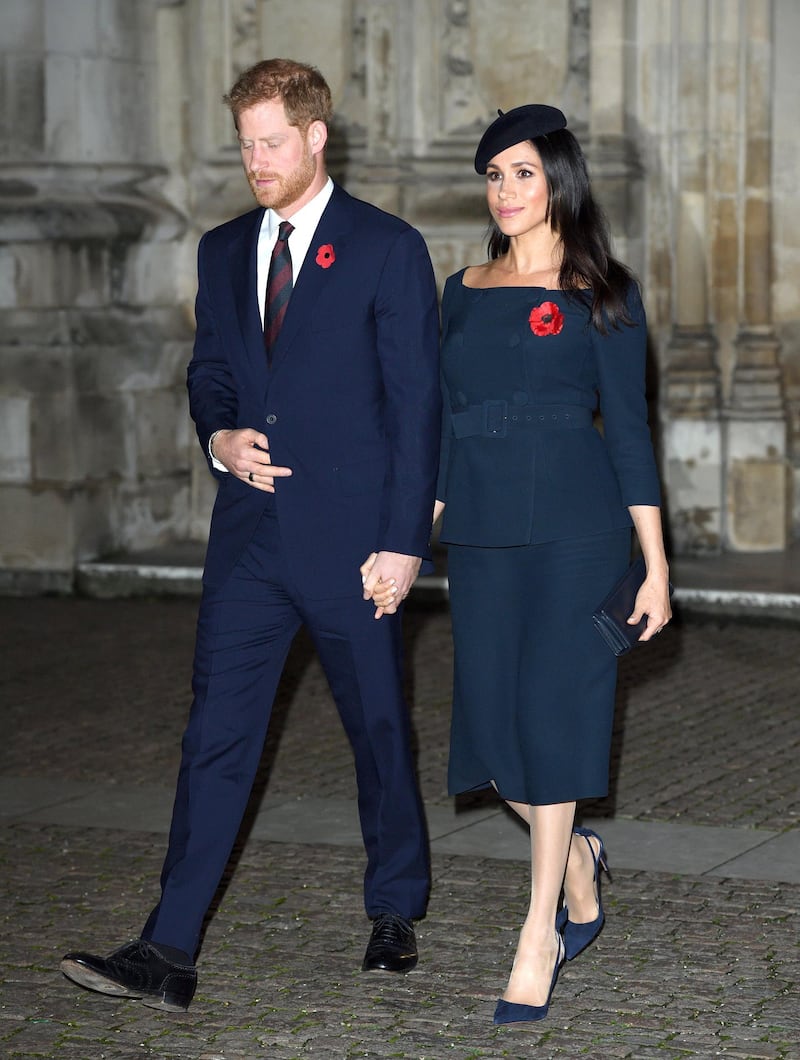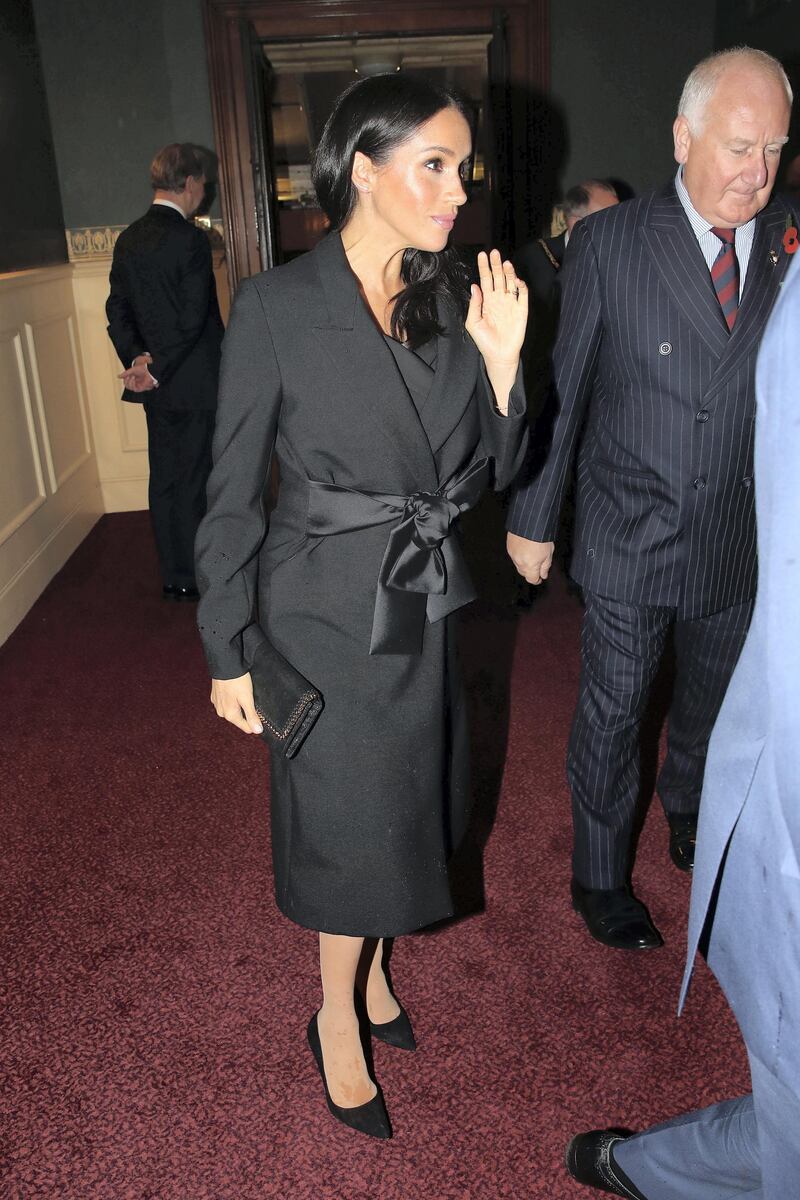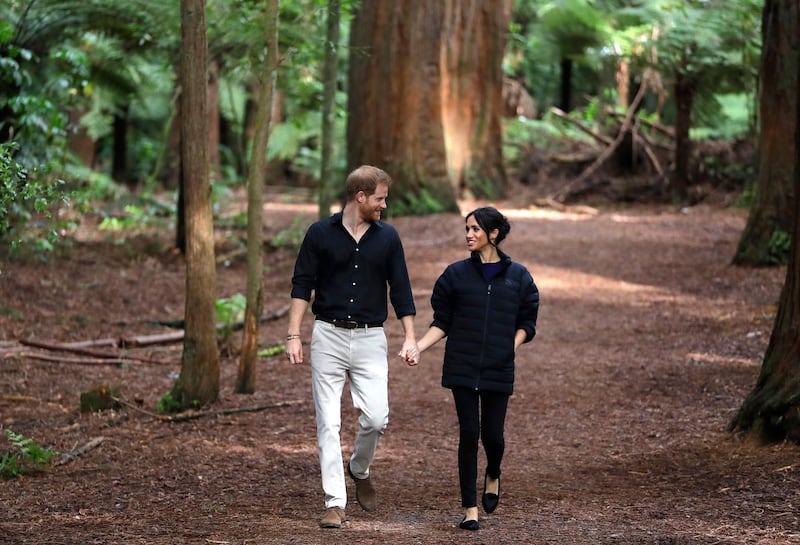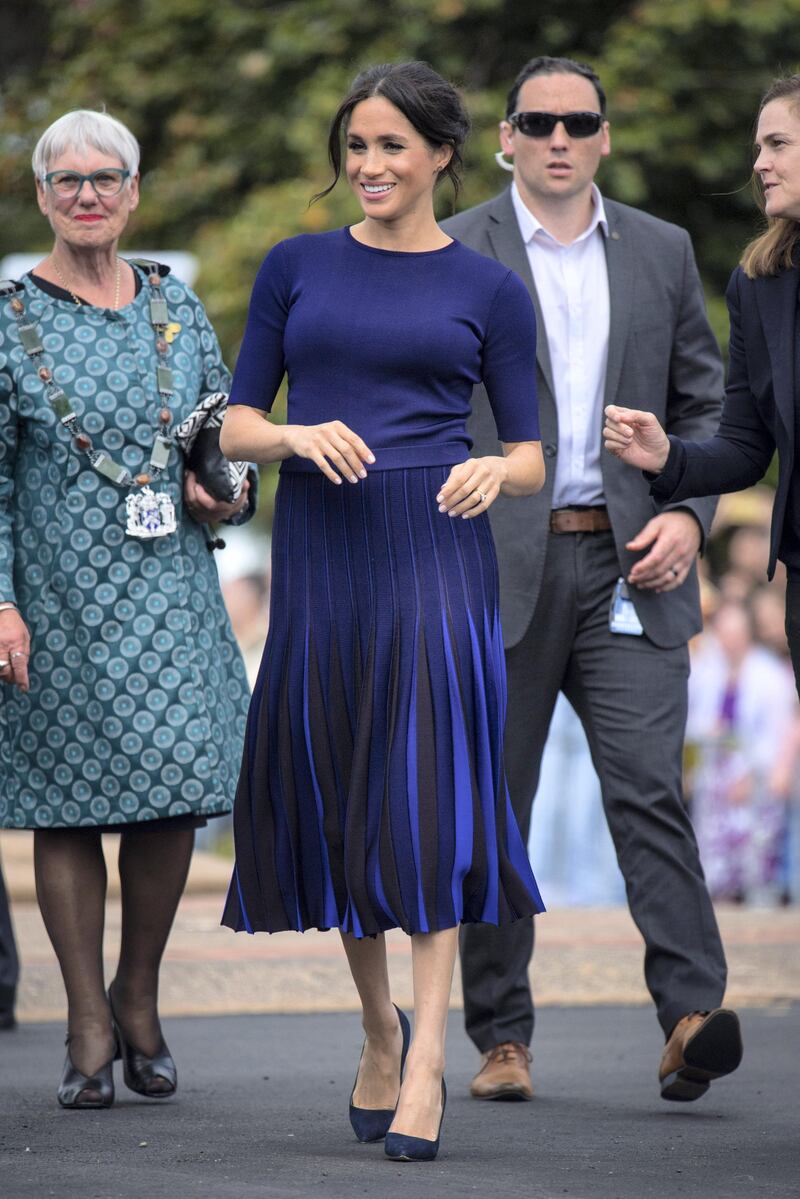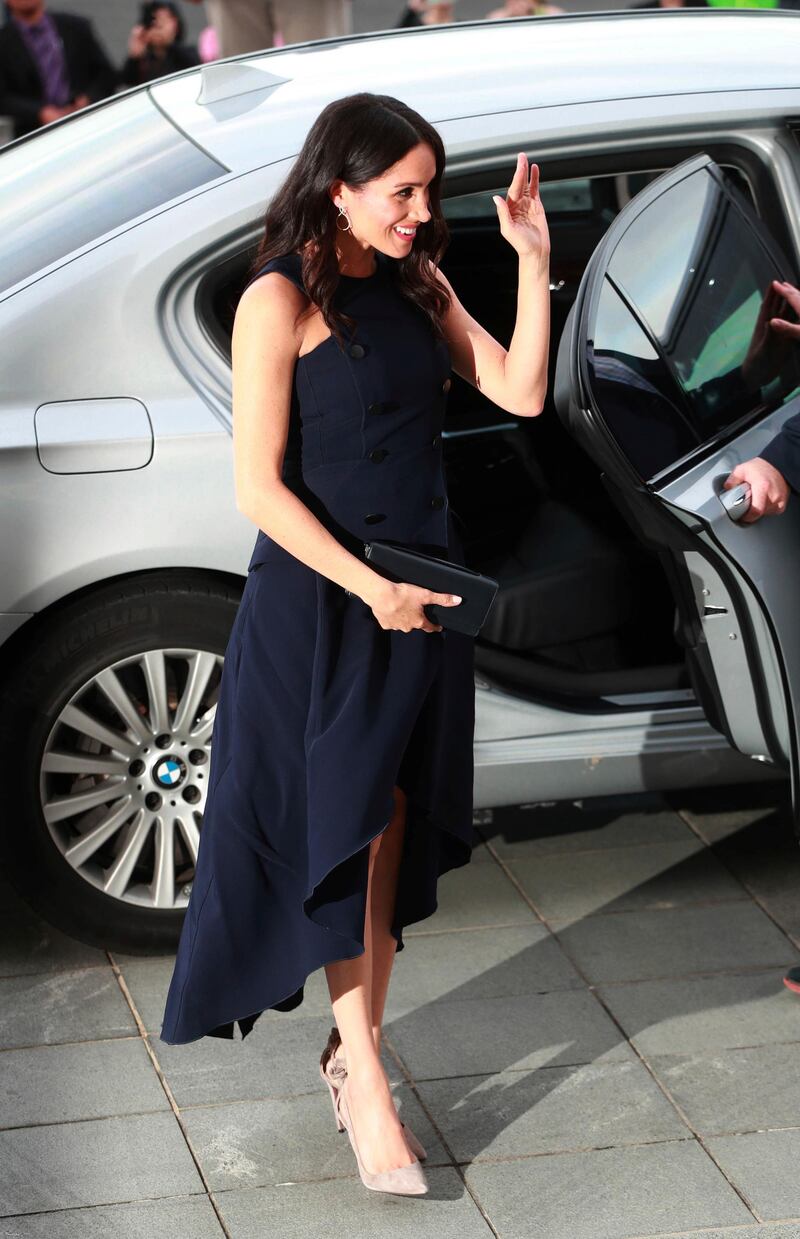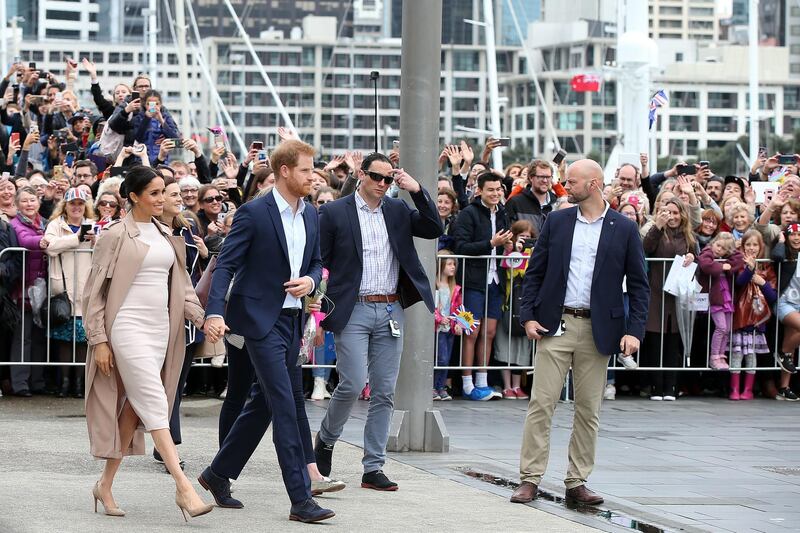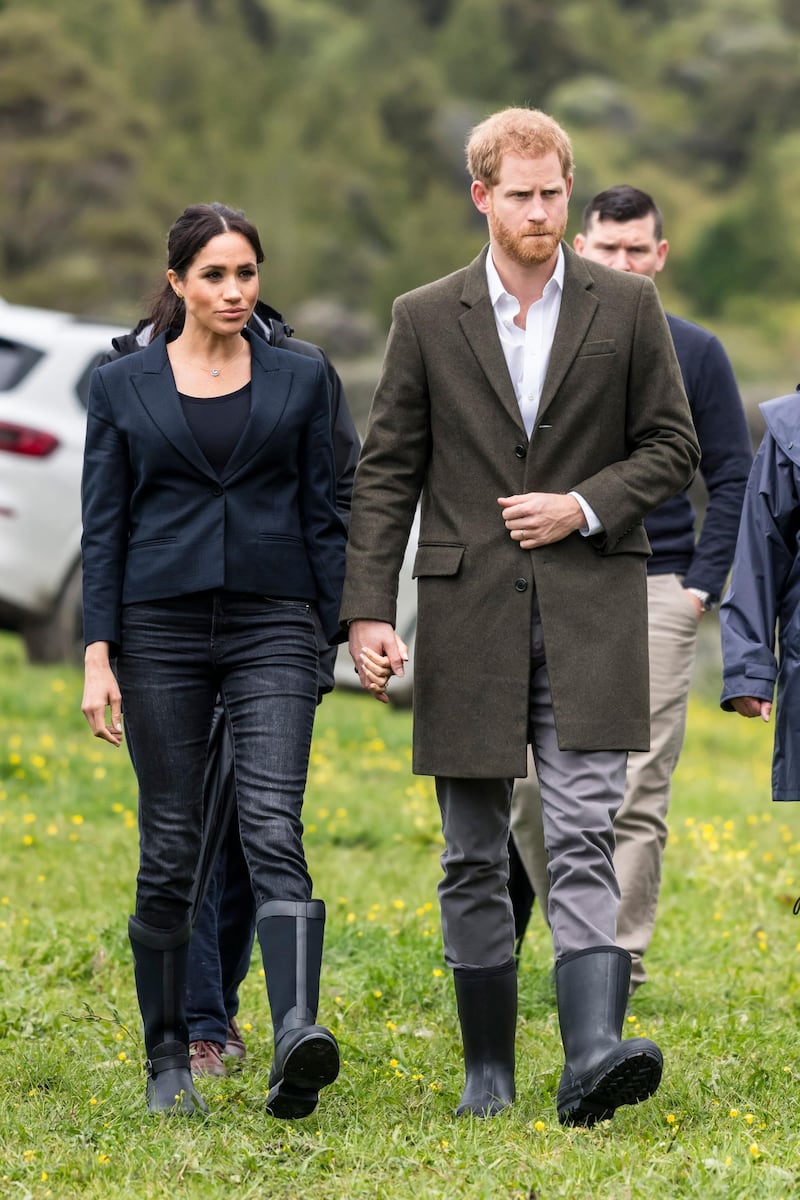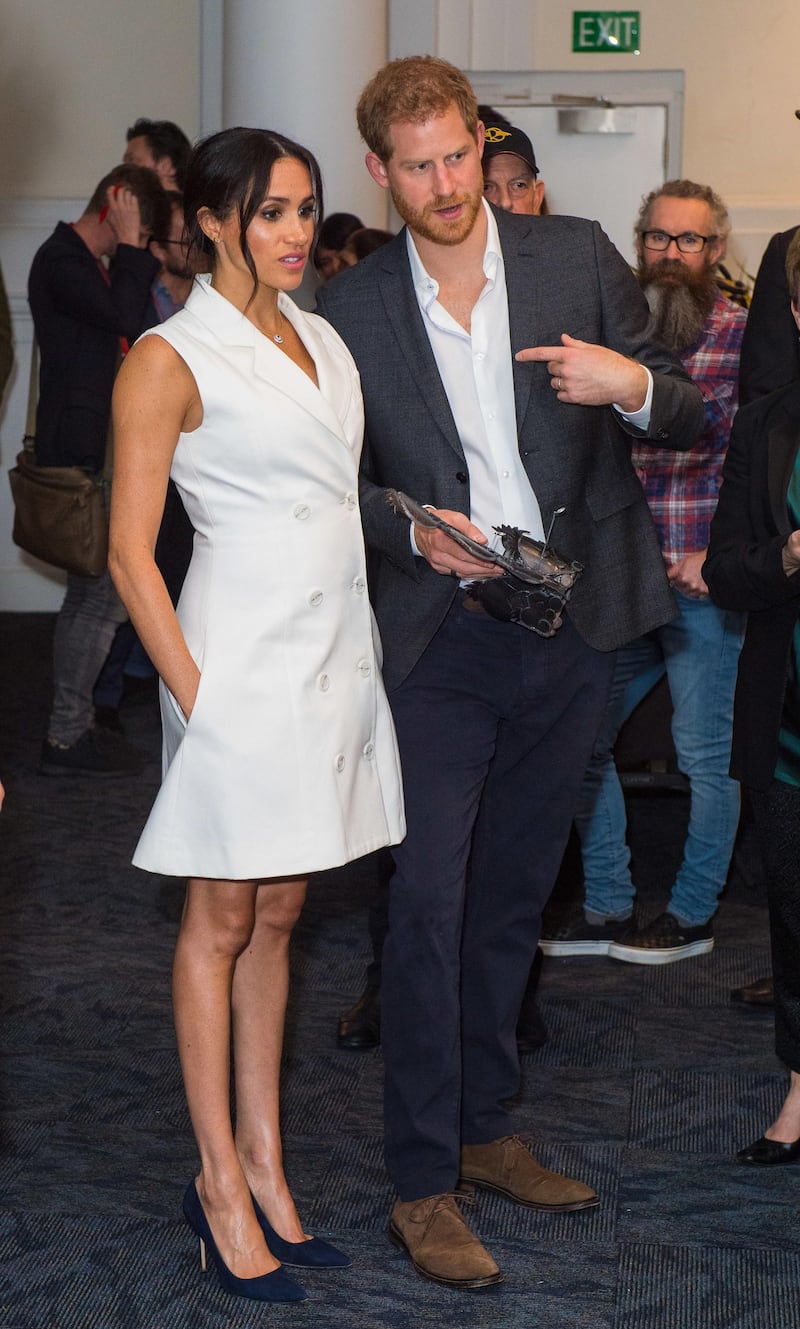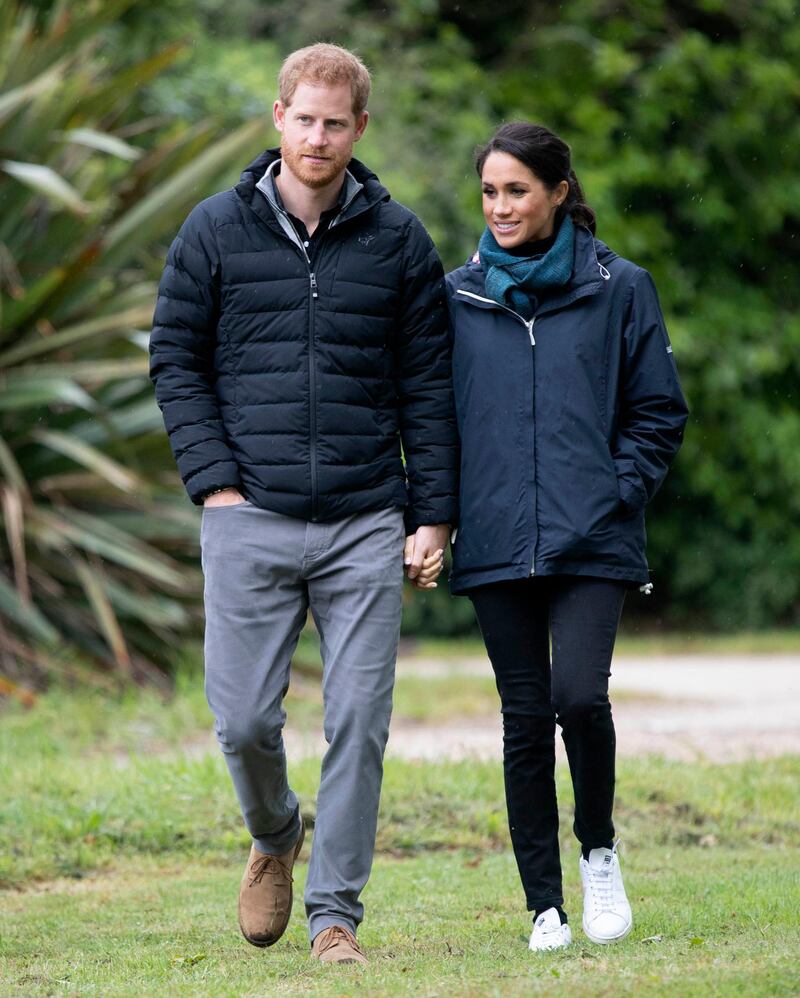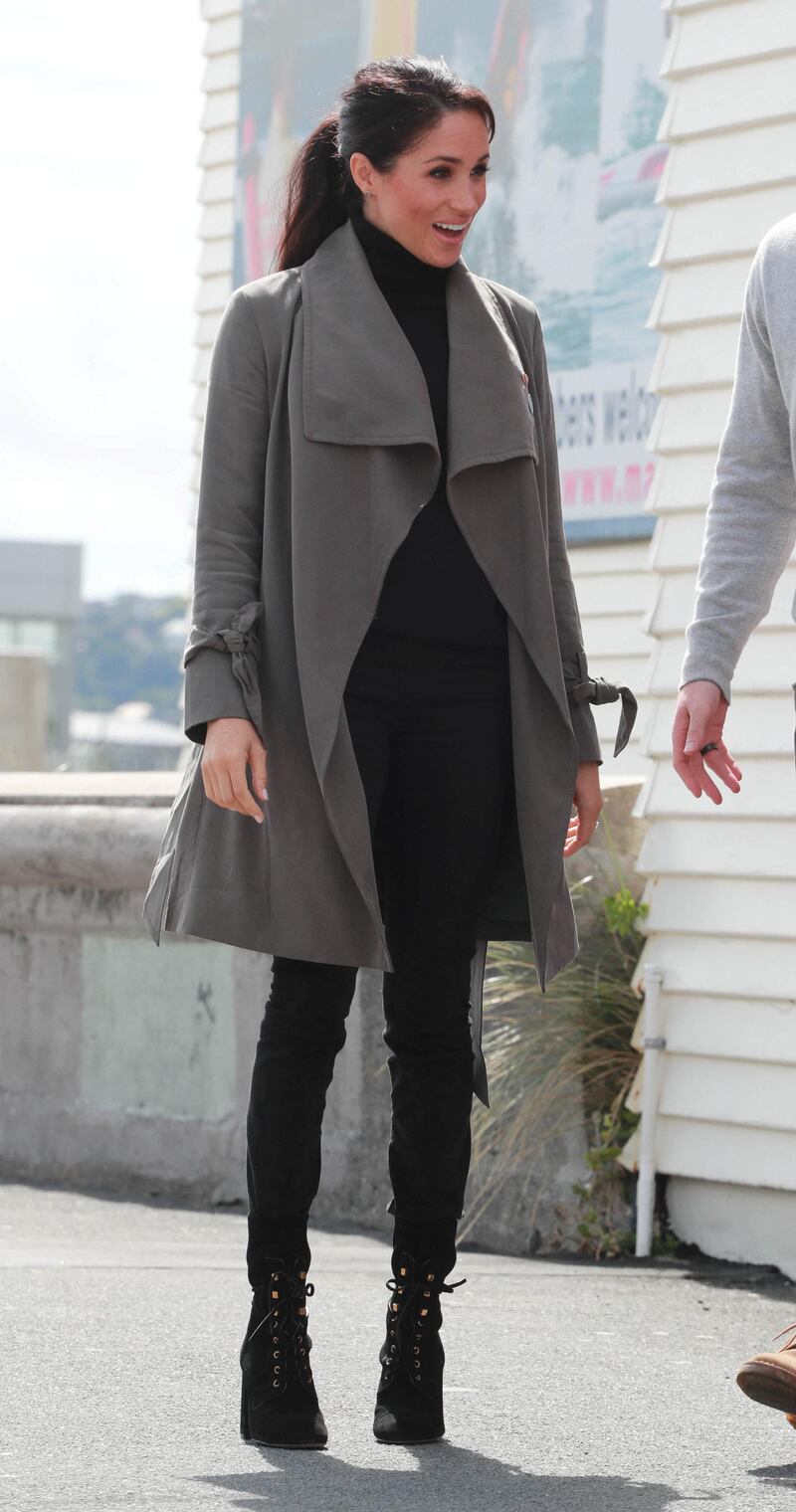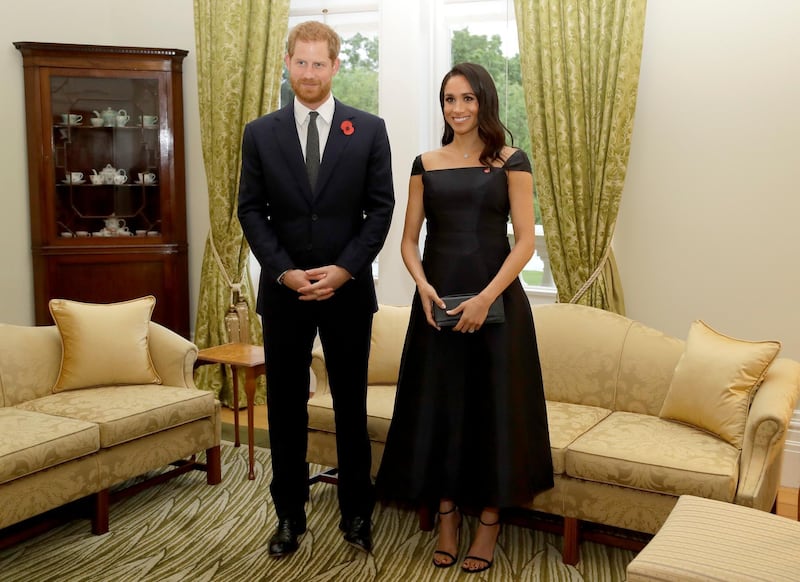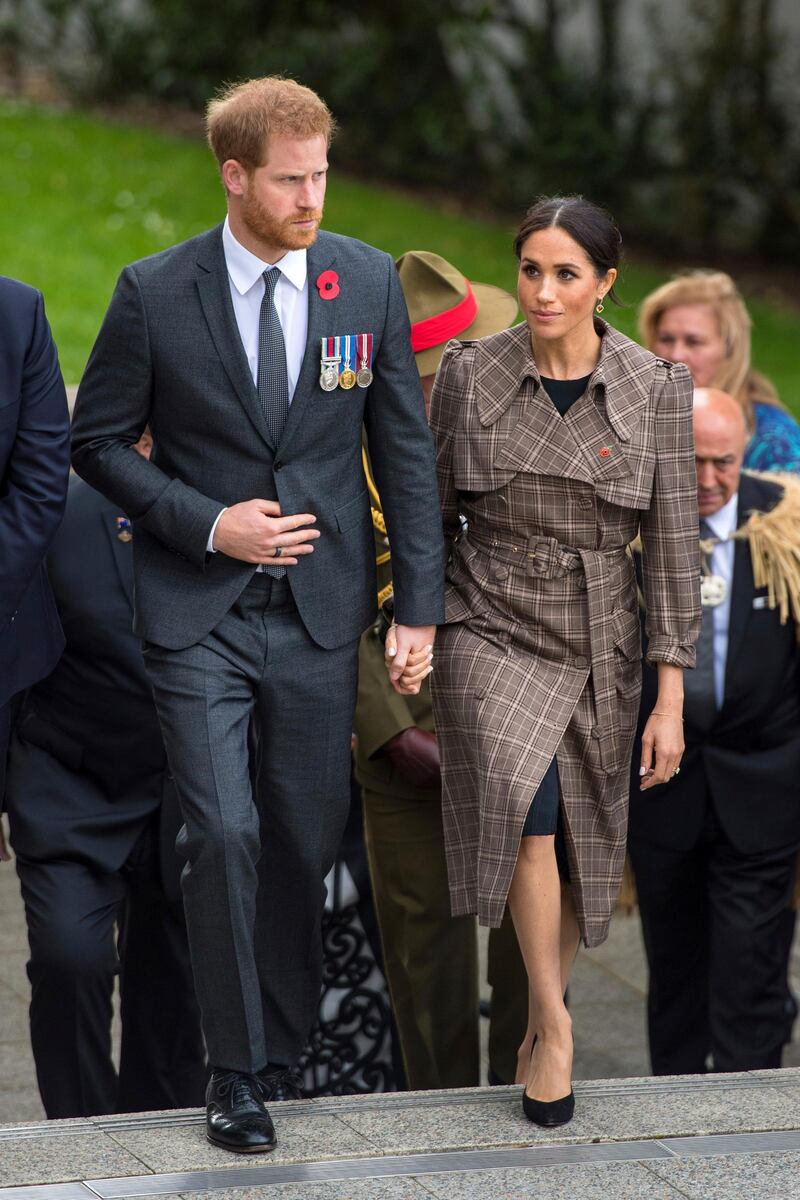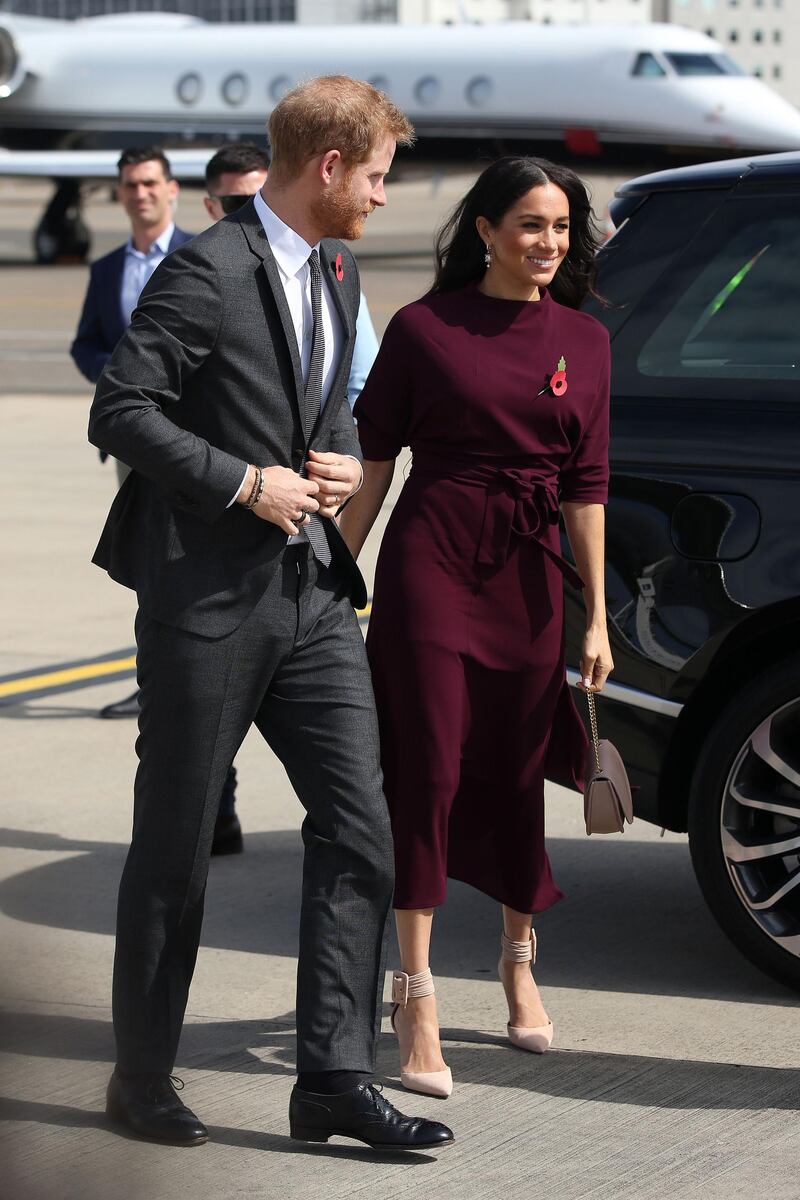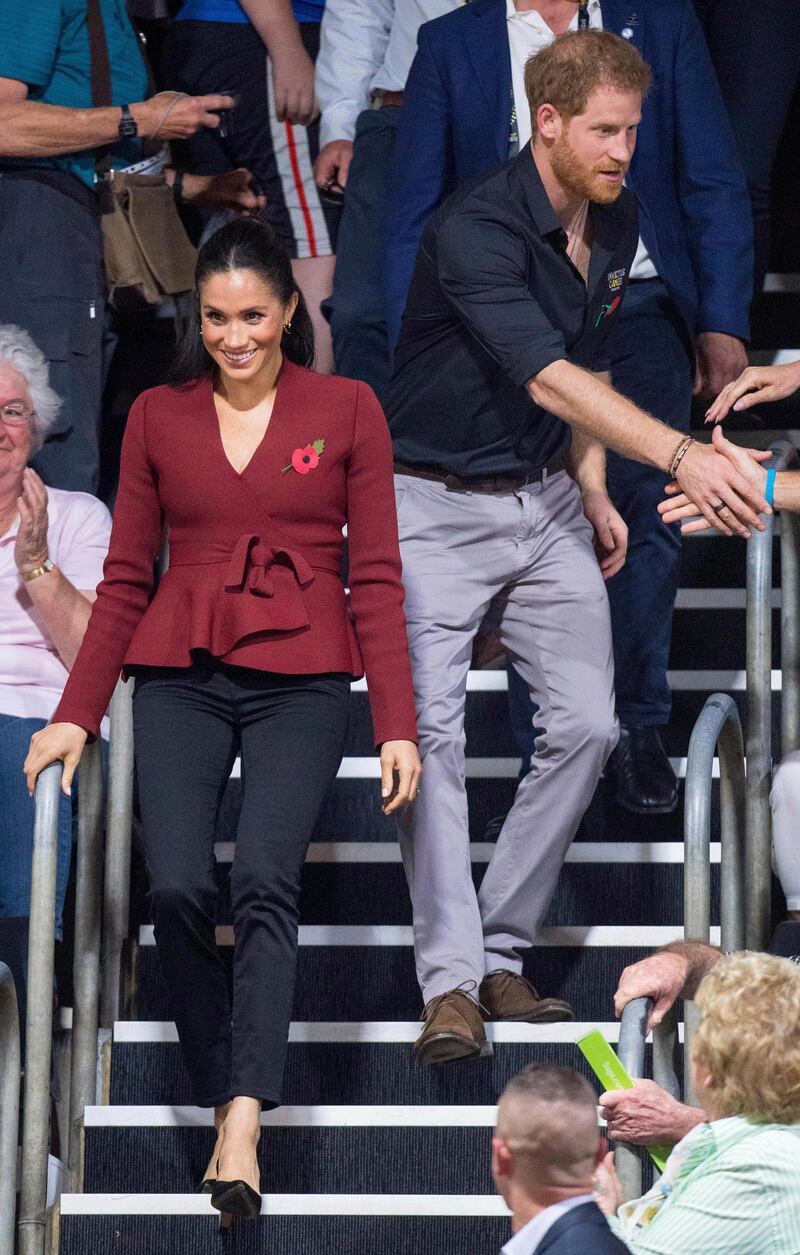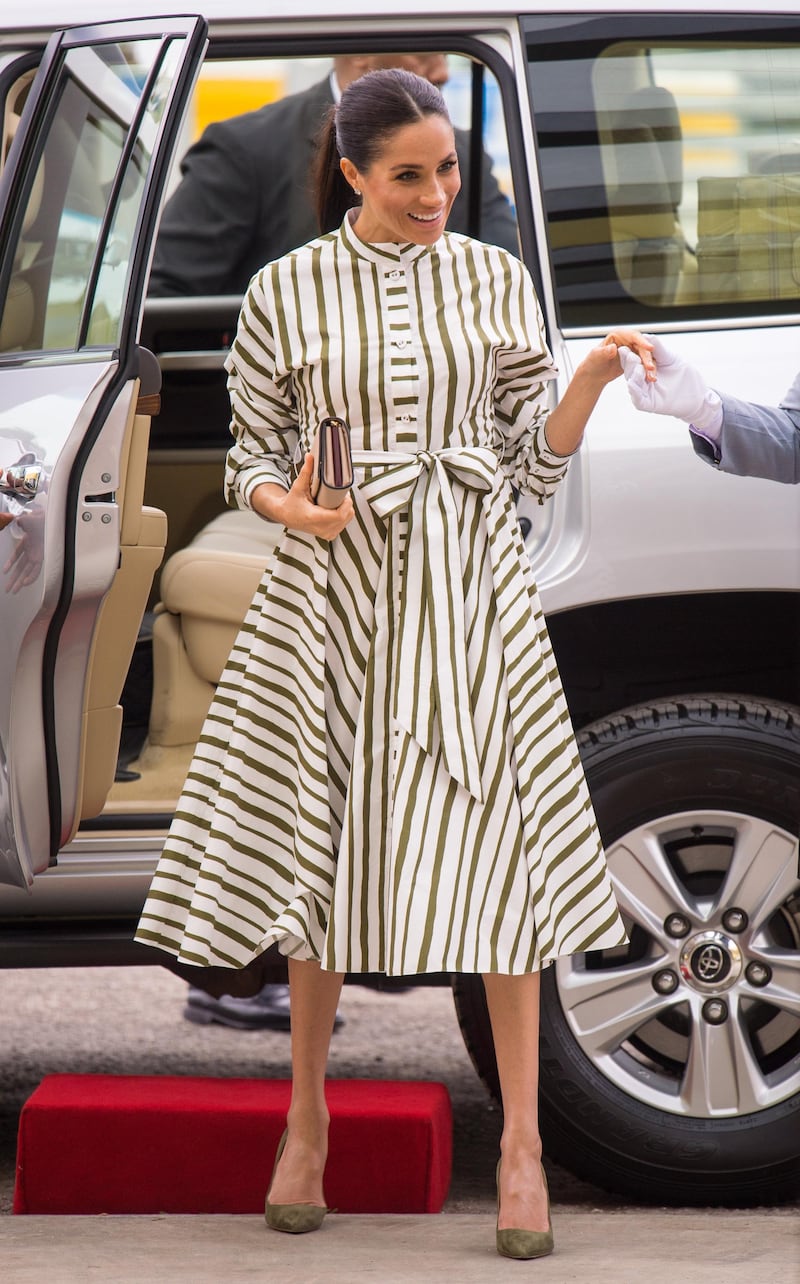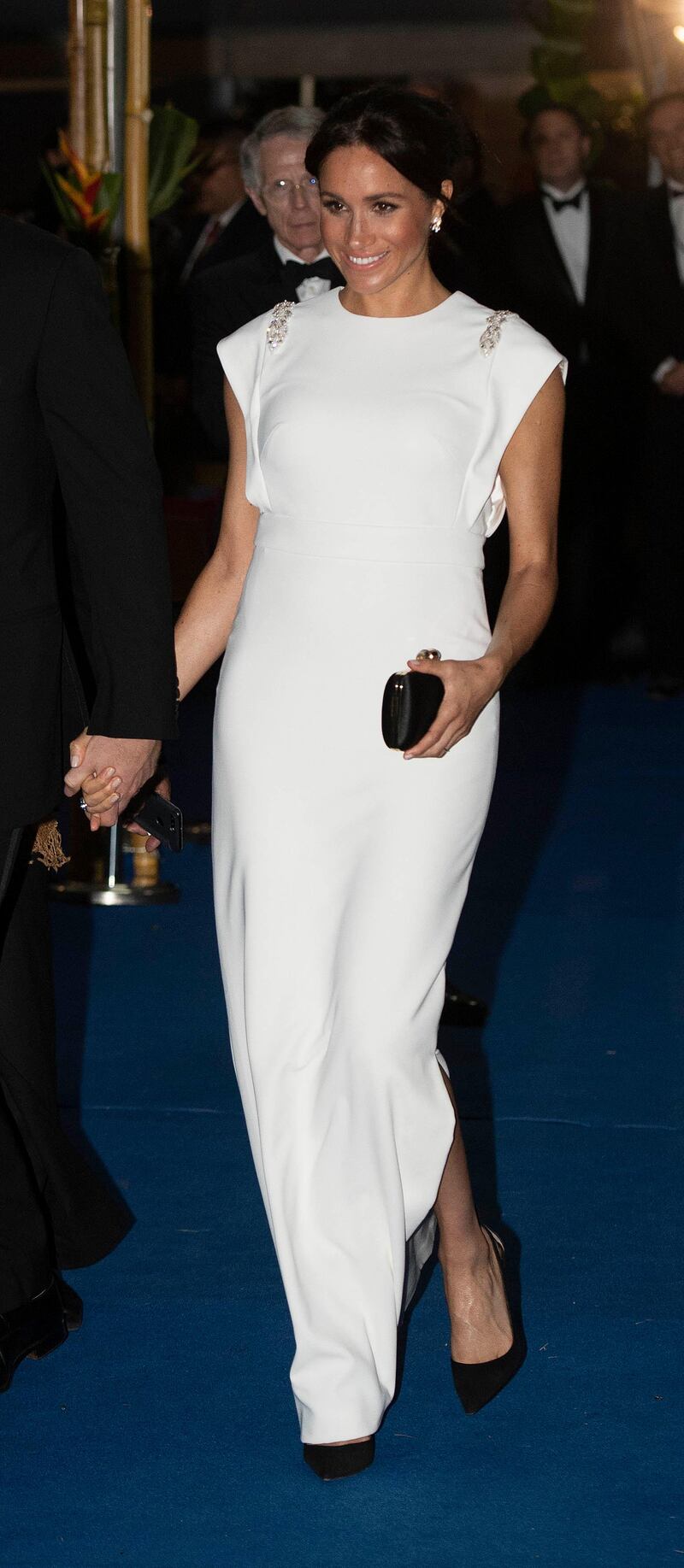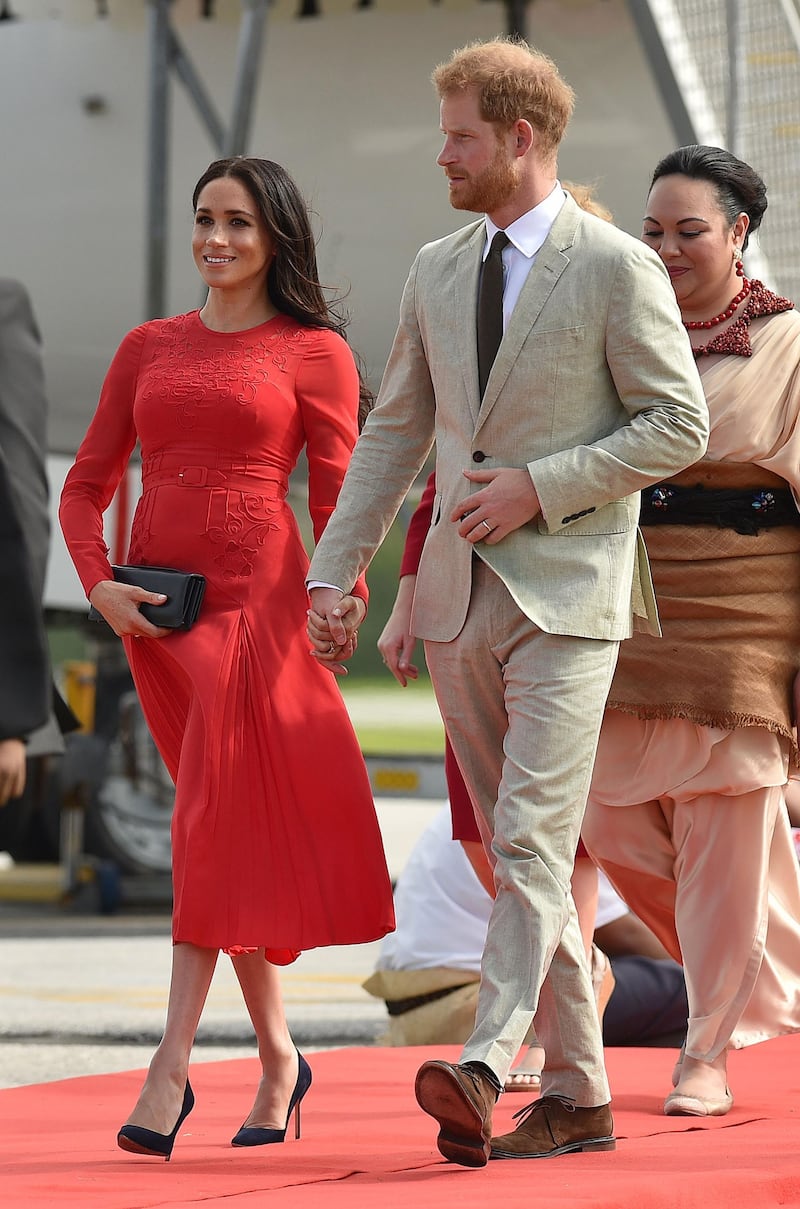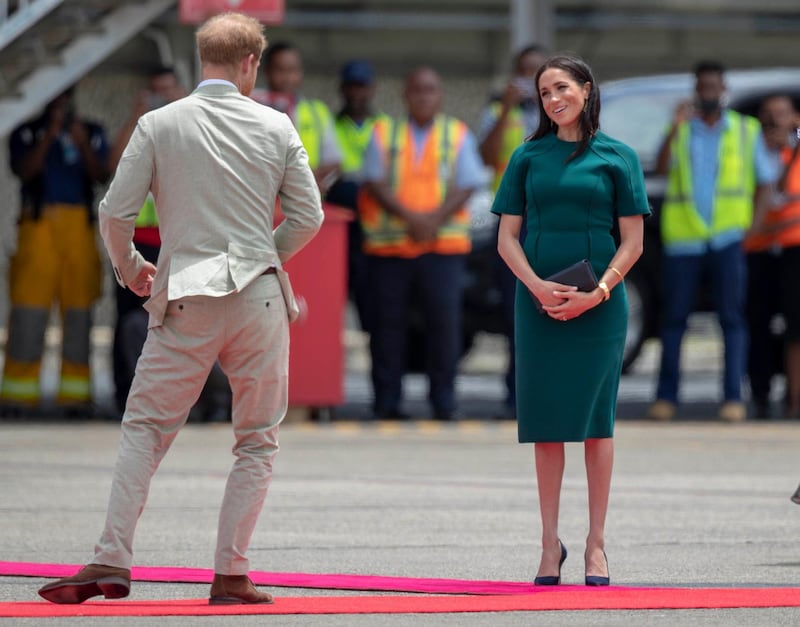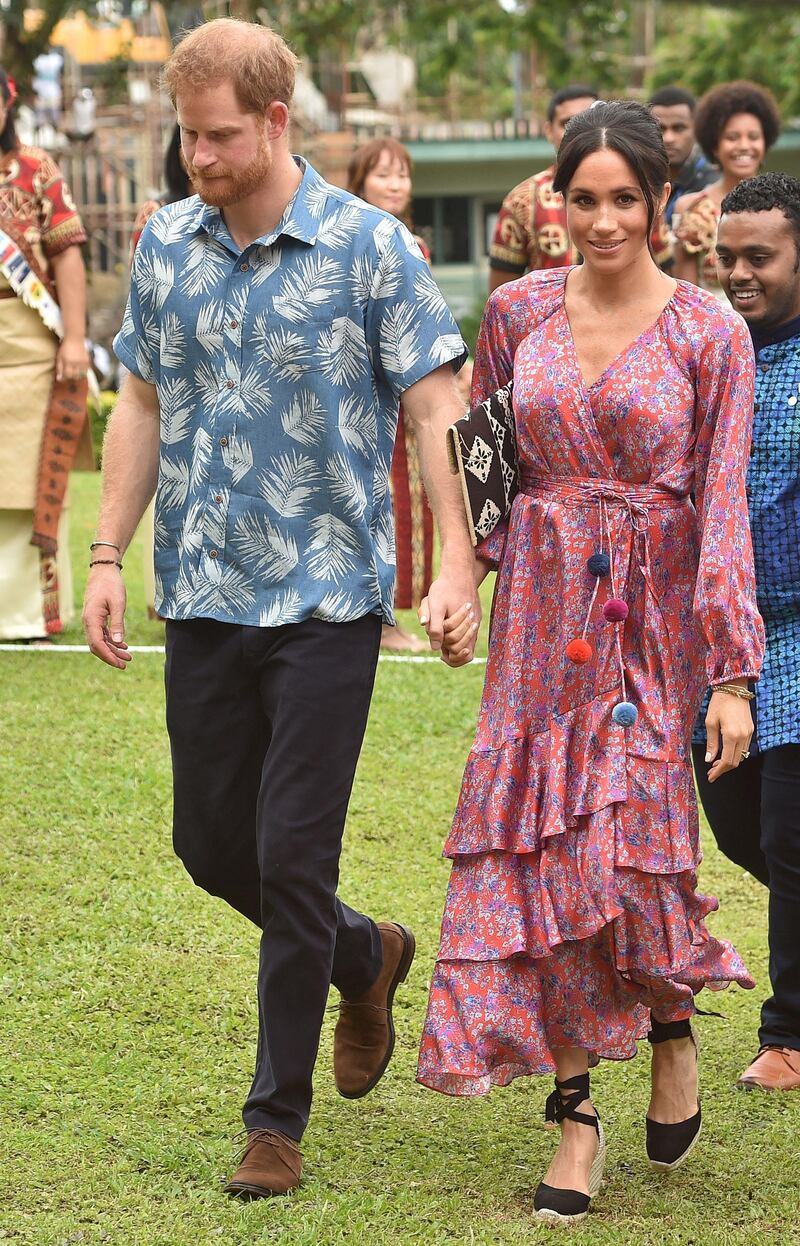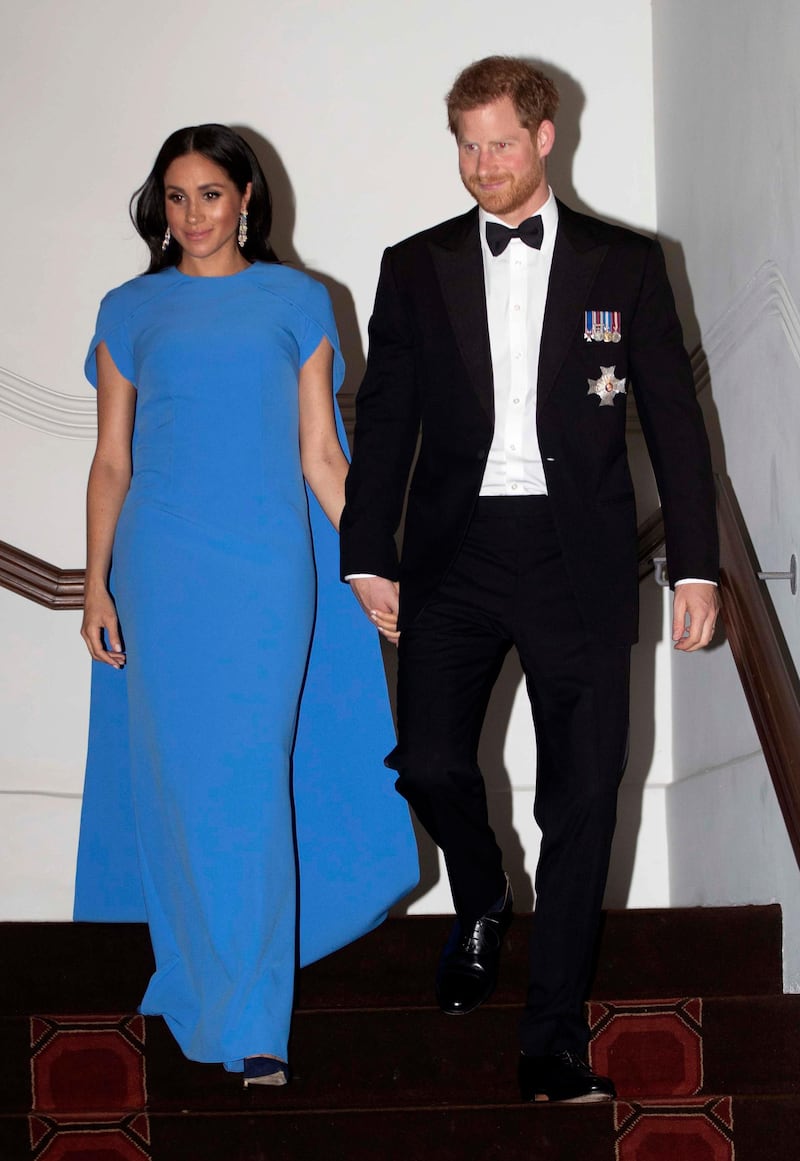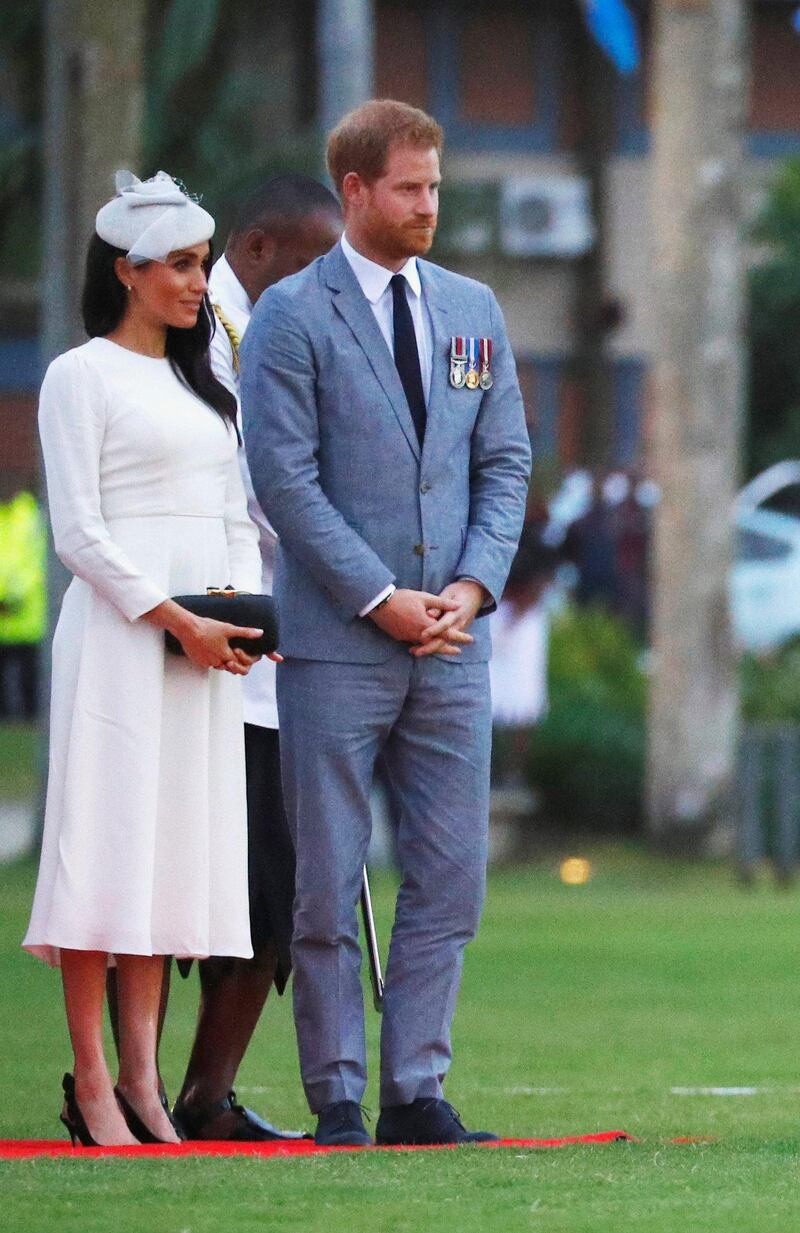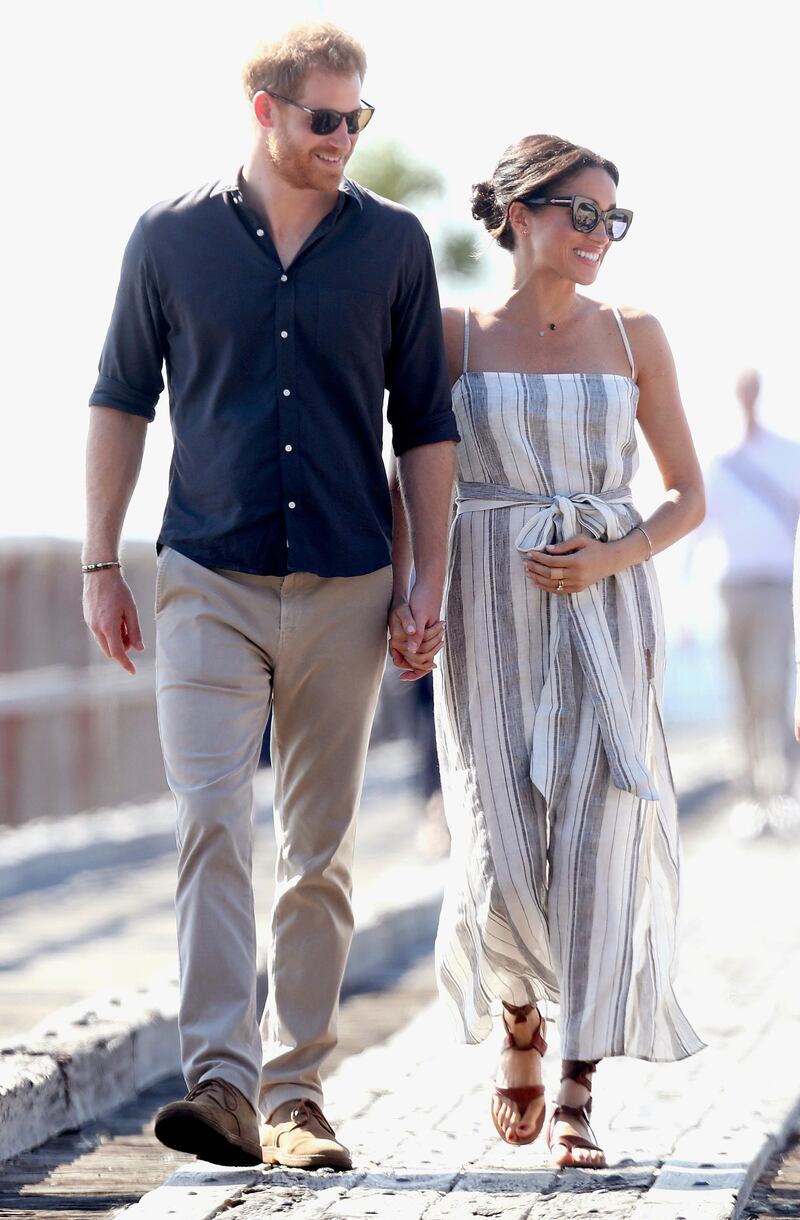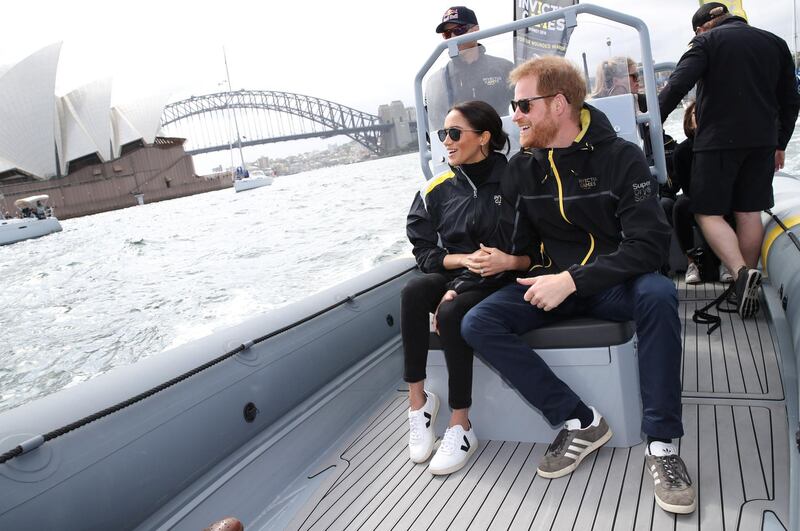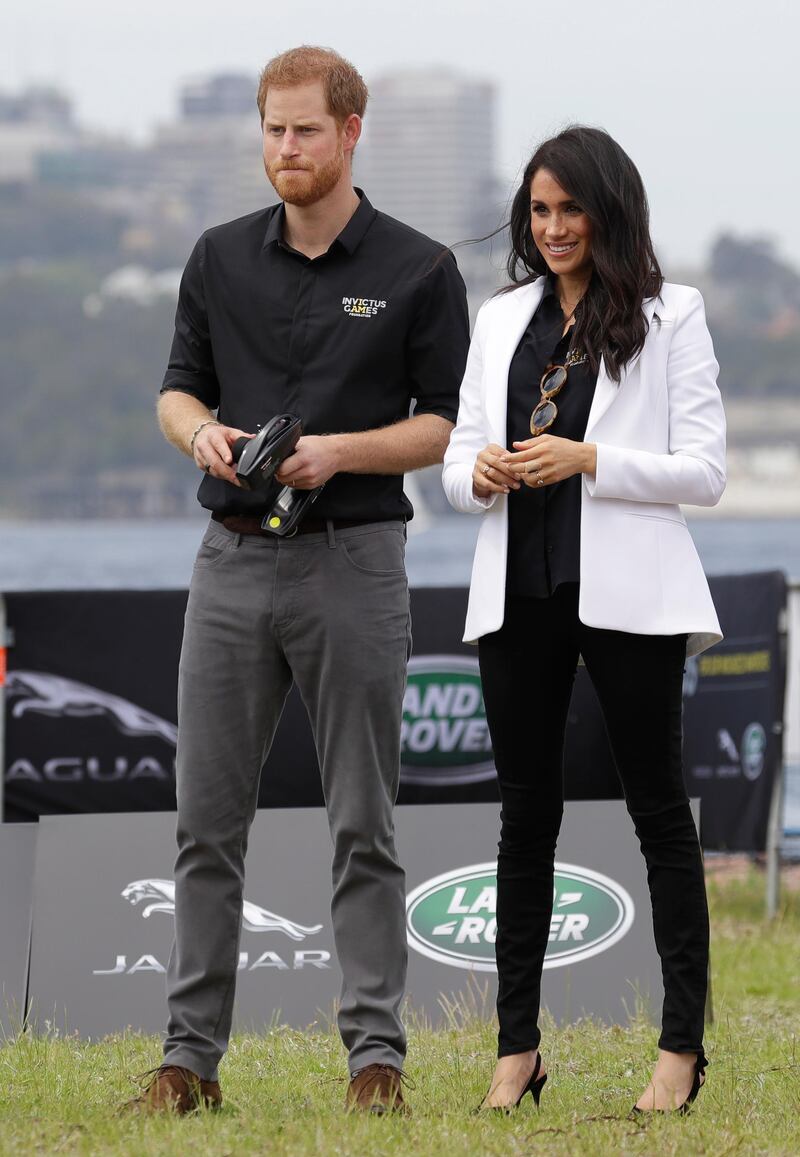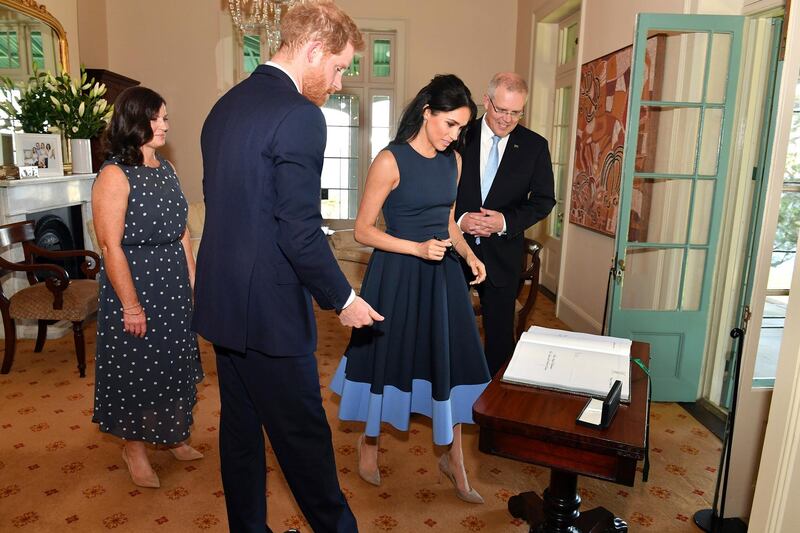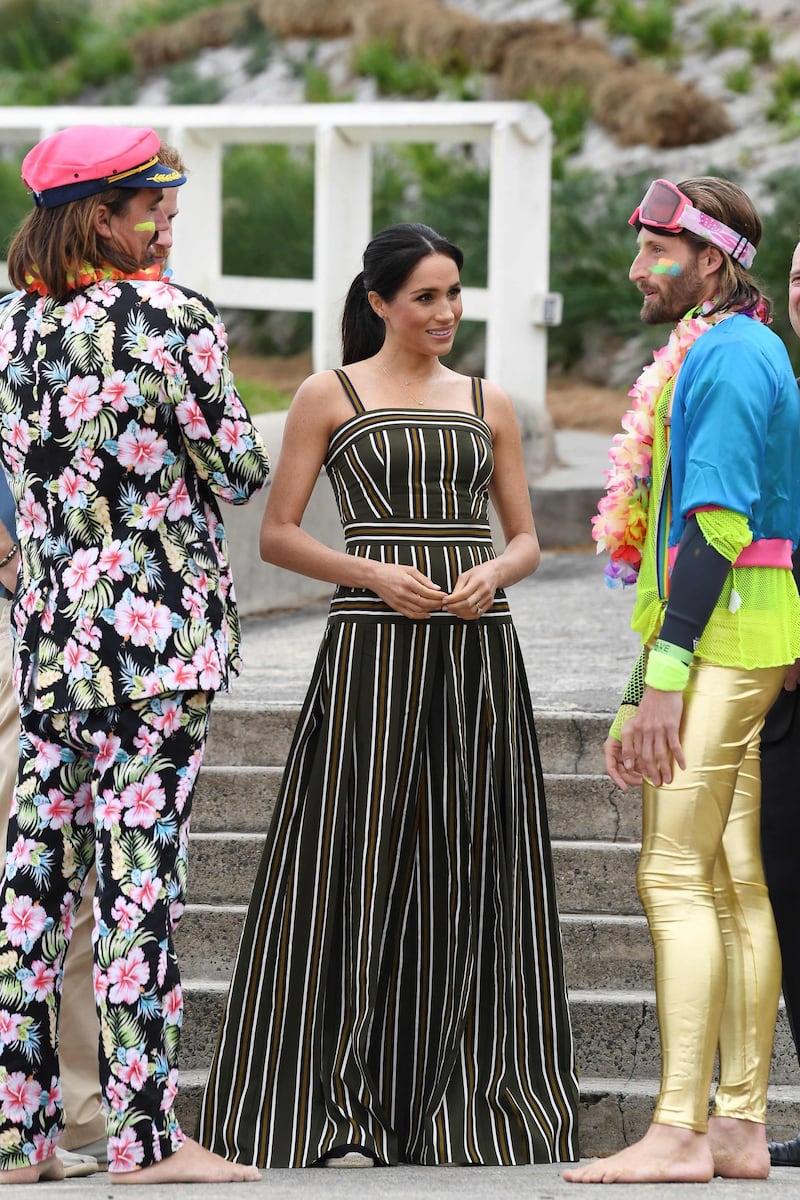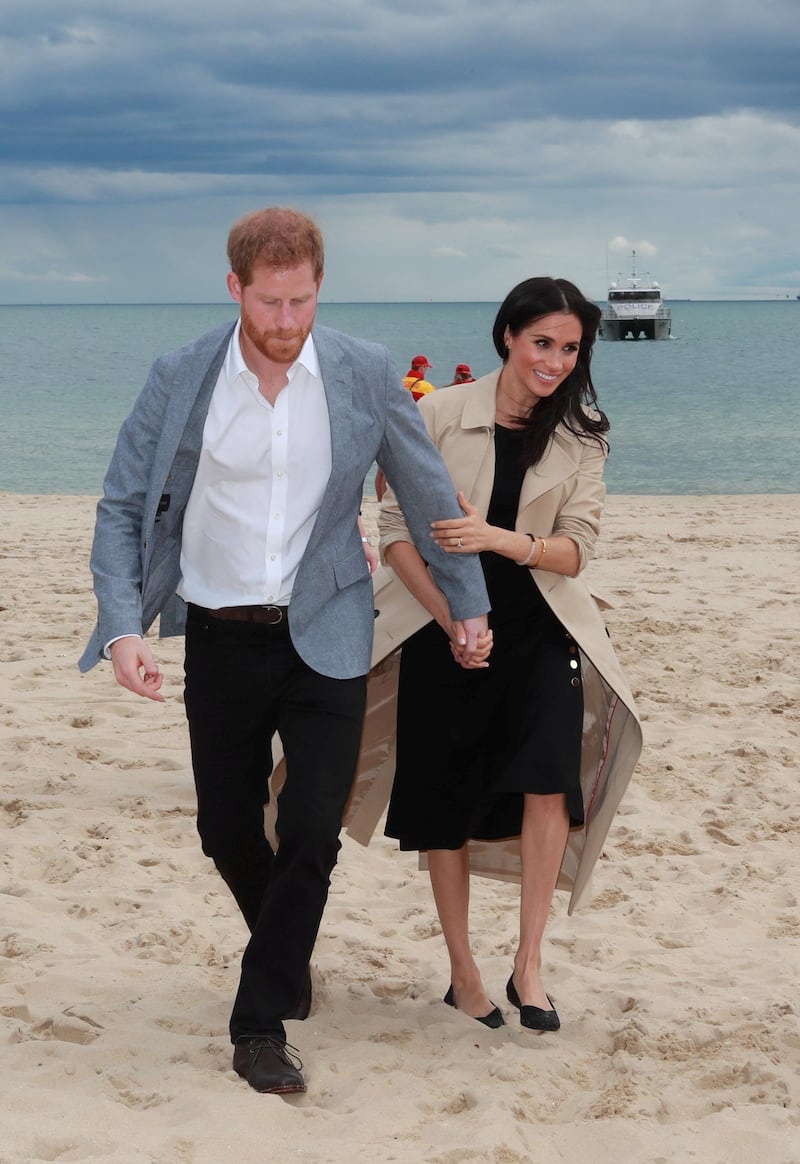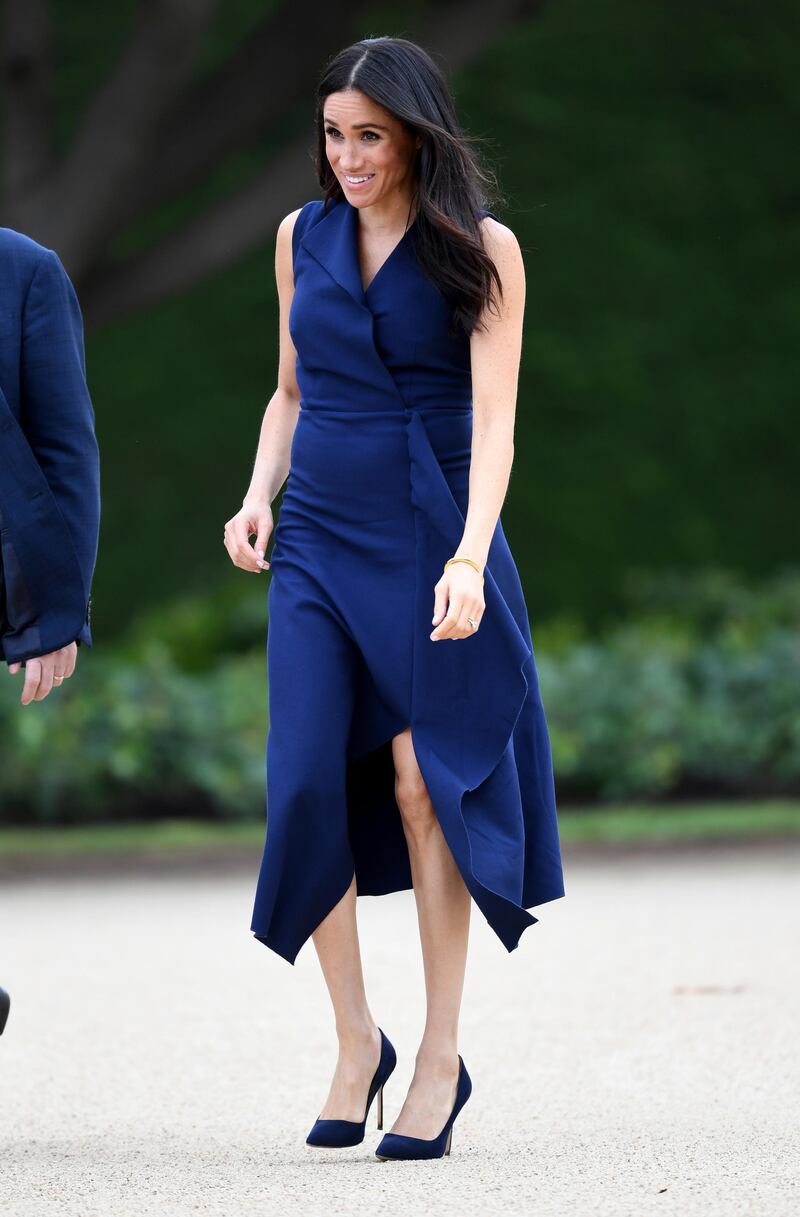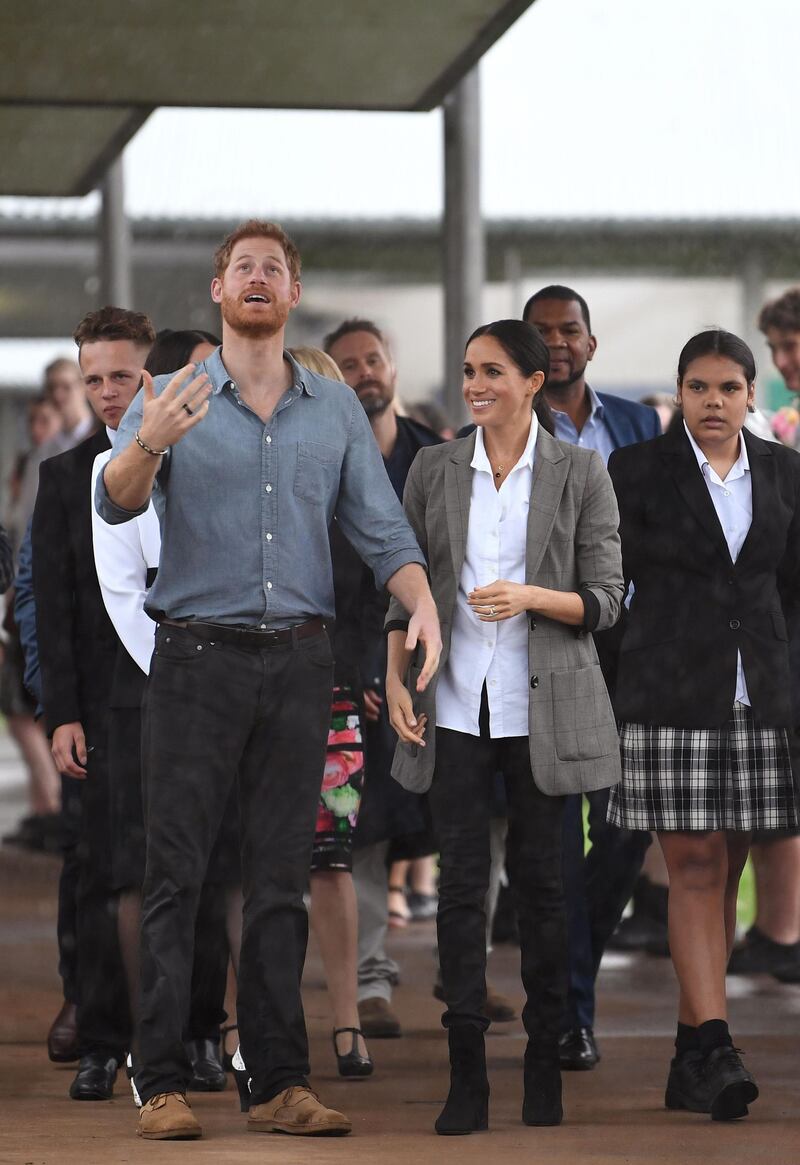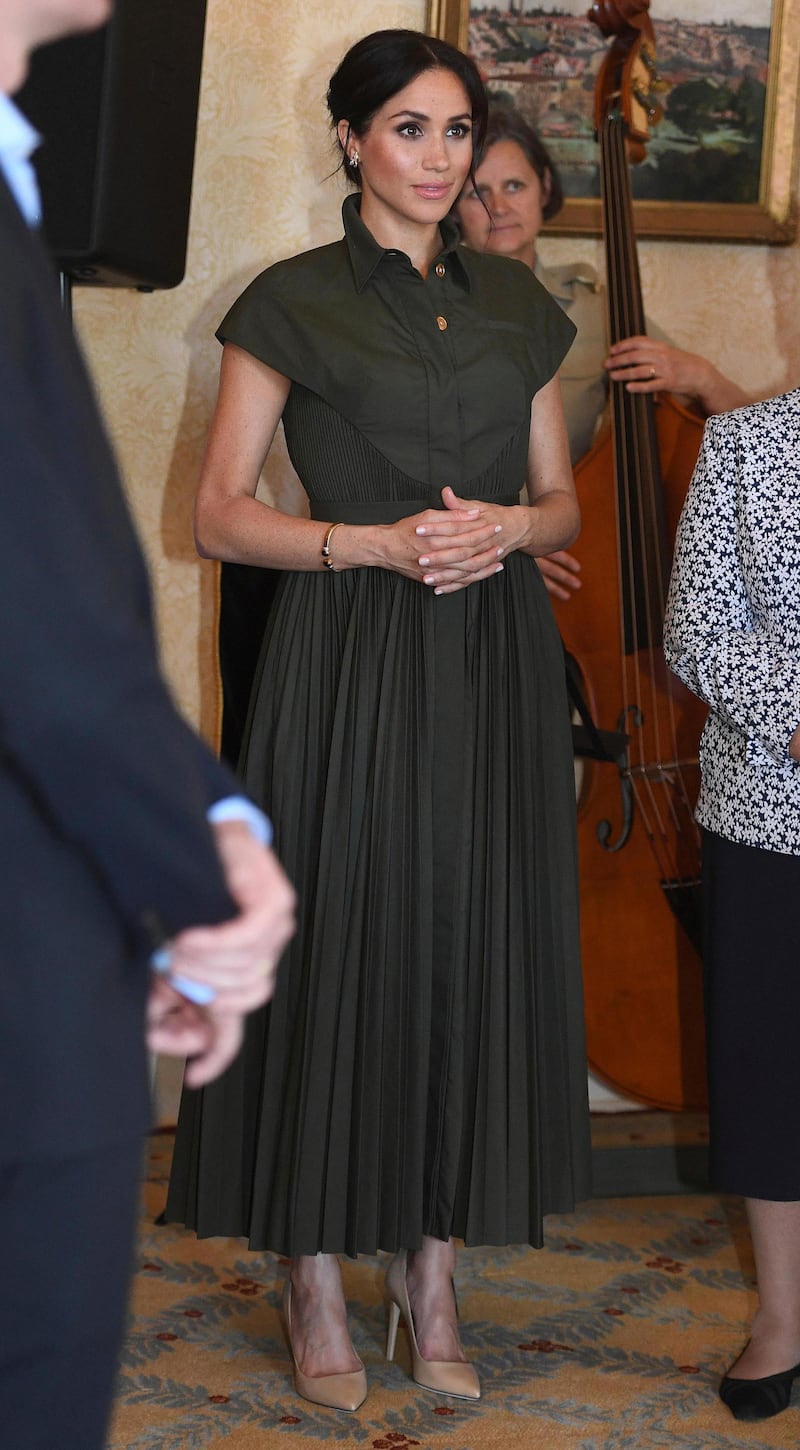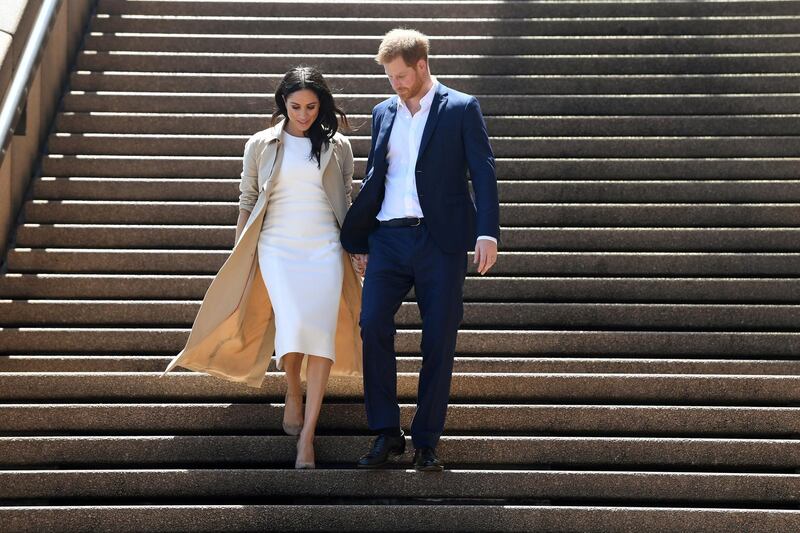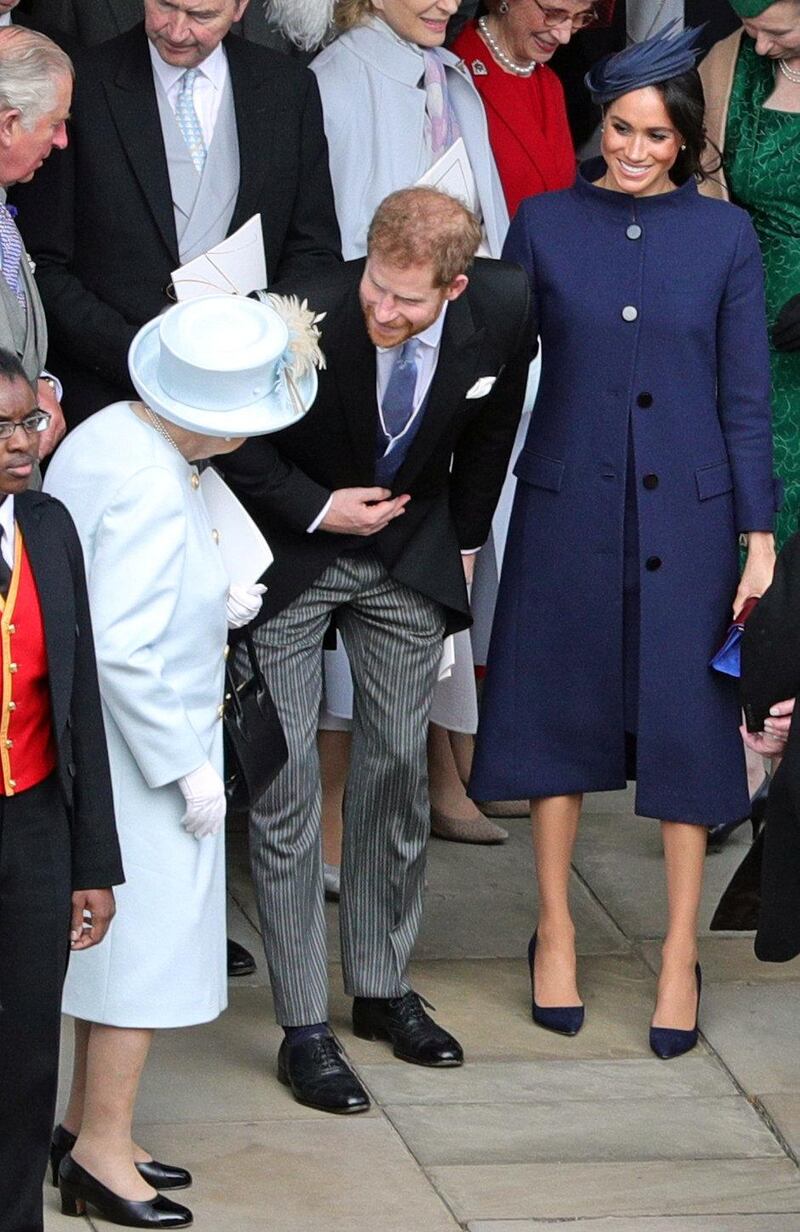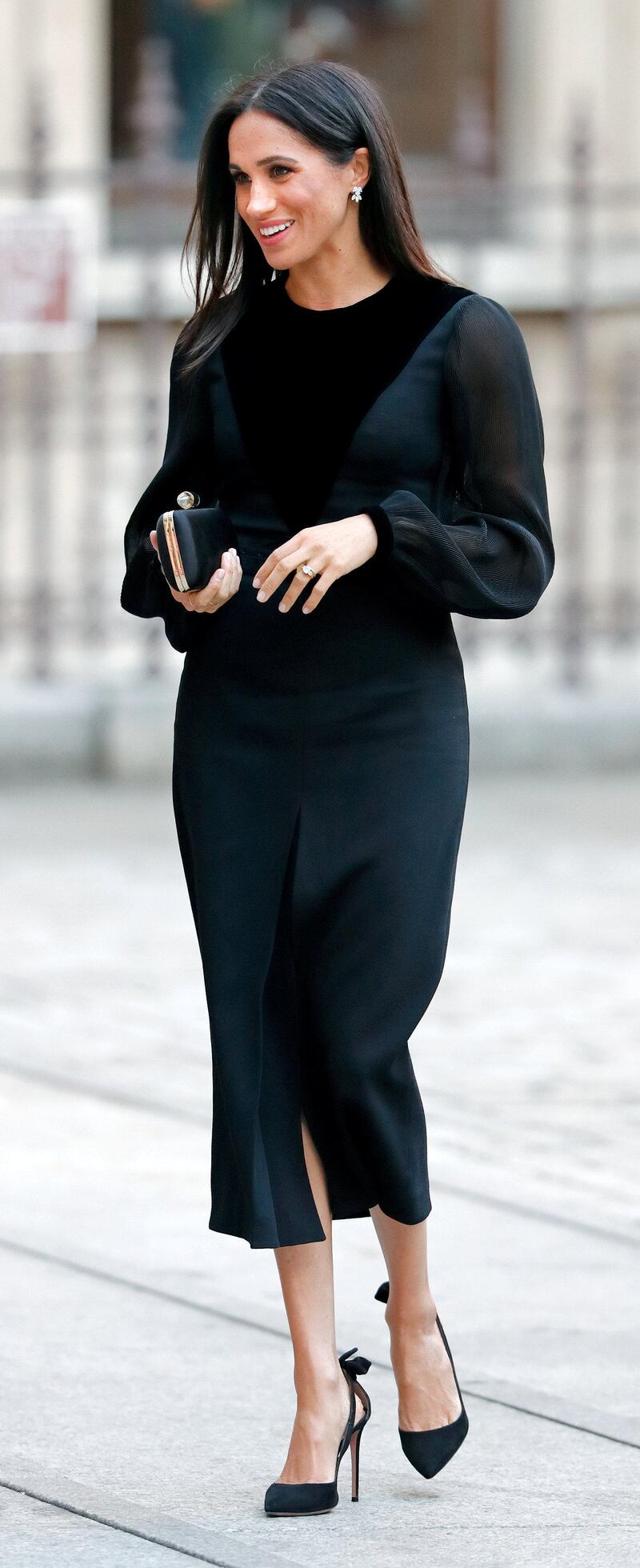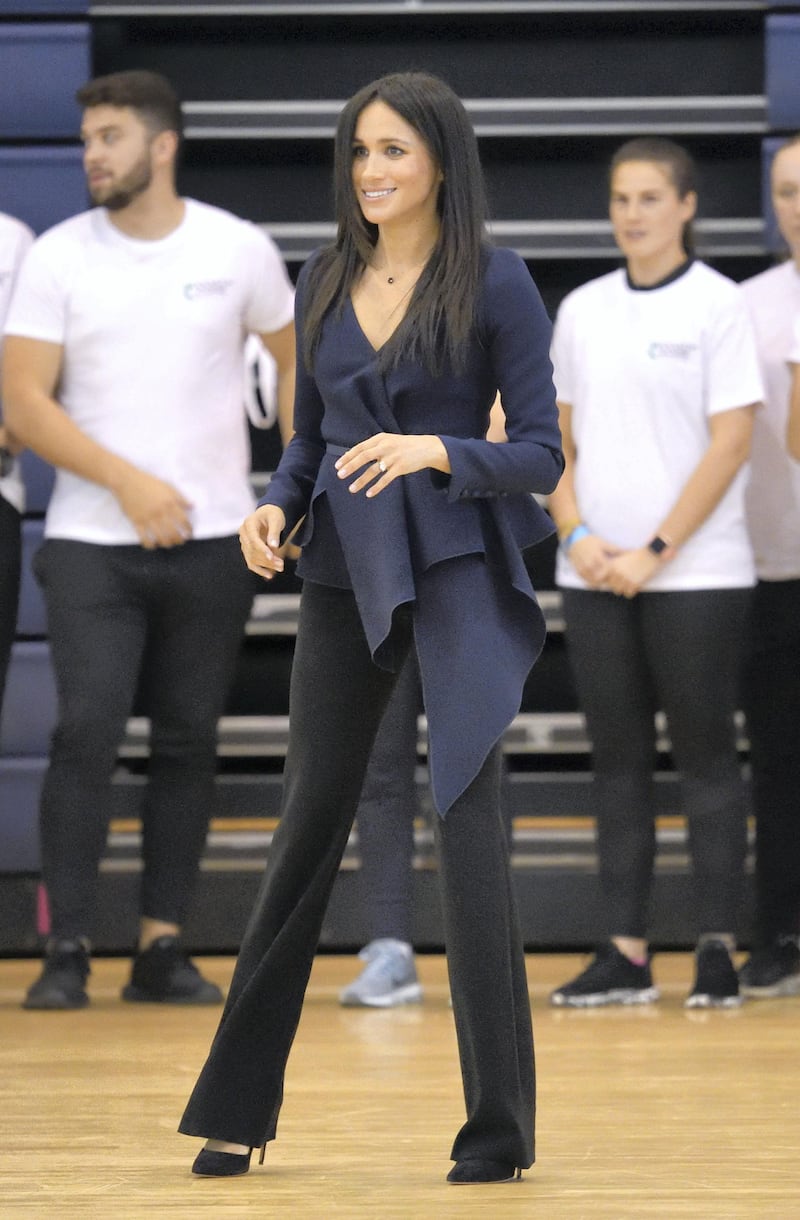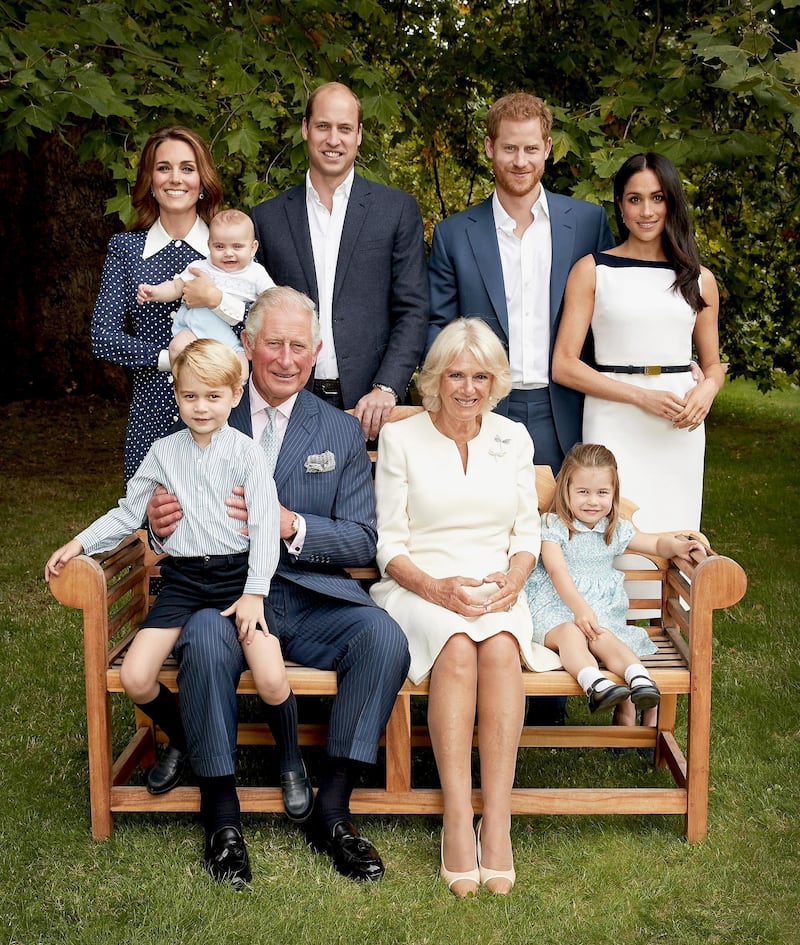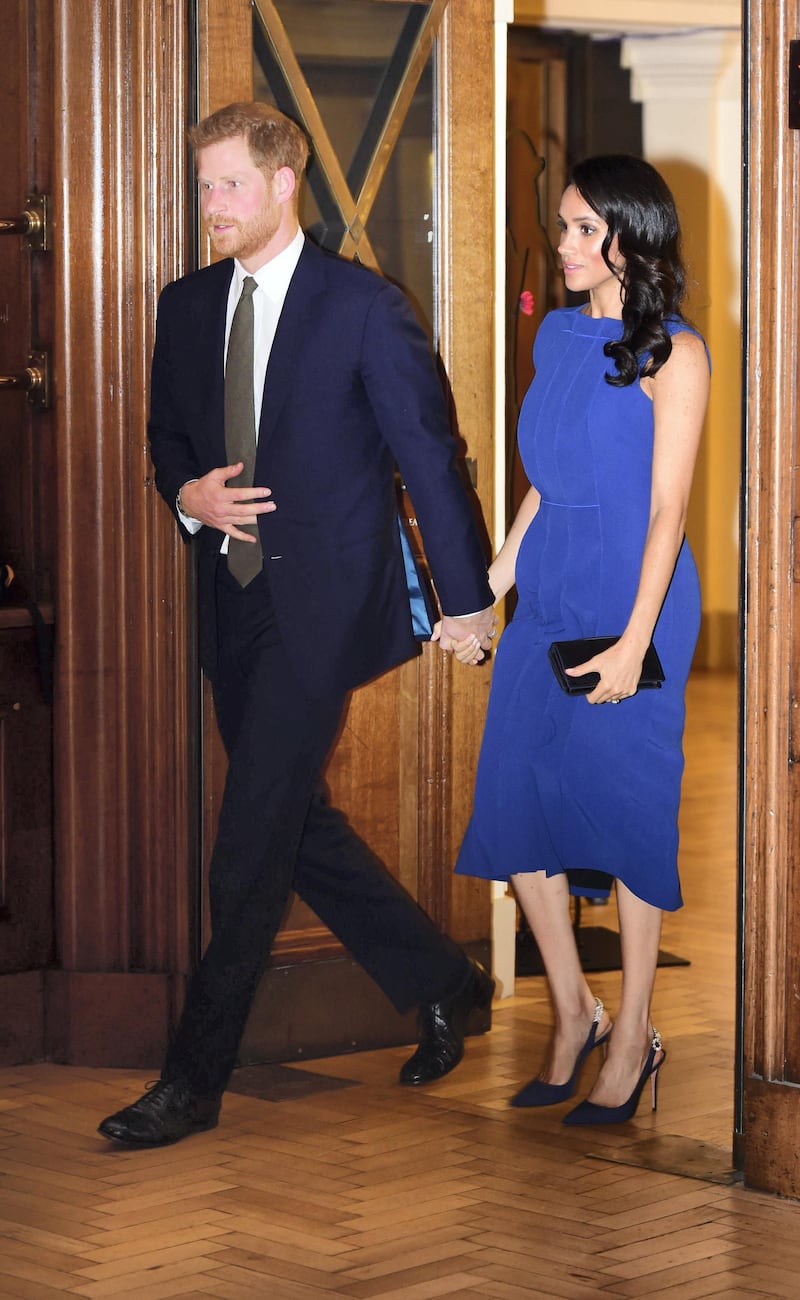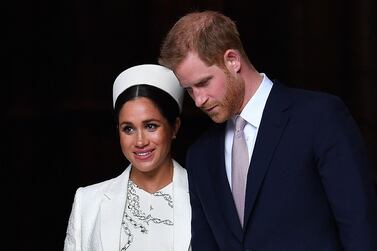Just one year ago Meghan Markle was described as a “breath of fresh air” for Britain’s royal family. As an American biracial divorcee, the new Duchess of Sussex was hailed by the media for ringing in the changes for an old-fashioned institution.
But within months of her announcing she was due to welcome her first child with Prince Harry, the tide began to turn.
With a consistent undertone of dog-whistling racism, the right-leaning press focused endless coverage on Meghan as a demanding “diva”, circulated unfounded rumours about a feud with her sister-in-law the Duchess of Cambridge and described her decision not to give birth at a hospital 40 kilometres away from her home as a “snub”.
The arrival of her newborn son marks another change for Britain's royal family. The child will be the first to be born into the House of Windsor with black ancestry as Meghan's mother – Doria Ragland is African-American.
While the baby will not have to partake in the same royal duties as his first cousins, Prince George, Princess Charlotte and Prince Louis, already there are fears how Meghan and Harry’s child-rearing choices will be reported by Britain’s tabloid press.
The Sussexes' decision to keep the birth private angered many in the media, who expect a woman who has given birth just hours before to stand outside the hospital with the newborn to be photographed by the world's press.
Their choice differs from Harry’s sister-in-law, Kate, who obliged the photocall for all three of her children. Kate followed in the footsteps of Princess Diana, who posed for photographs outside the Lindo Wing of St Mary’s Hospital with Prince William and Harry.
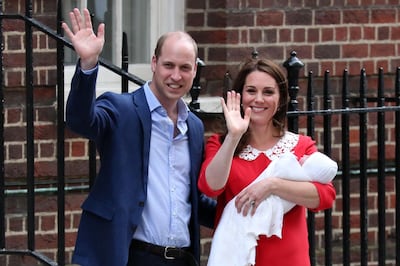
Writing in the Daily Express, columnist Carole Malone described the couple's decision as "rude" and blamed the duchess for alienating "decent, supportive royalists whose only crime is to want to share in the joy of the baby after watching her proudly clutching the bump for the last six months".
“Along comes Meghan Markle – dragging Harry behind her – and slaps those good people in the face,” she wrote.
The Sun described the move as "the shattering of a tradition that goes back for decades".
But royal historian Marlene Koenig said Meghan and Harry’s choice is in line with that of many siblings of heirs to the throne.
Sarah Ferguson, the former wife of Prince Andrew, chose to have her two daughters at the Portland Hospital and waited two days before showing her newborns to the world. Sophie, the Countess of Wessex and wife of Prince Edward, had her firstborn, daughter Louise, at Frimley Park Hospital in Surrey.
"Louise almost died because she had a placenta ablation. The first photo op was Edward and Sophie leaving the hospital without their baby," Koenig tells The National.
Amid British tabloids’ outcry about being left out of Baby Sussex’s arrival, there are signs that support for Meghan and Harry is strong. The couple used their brand-new Instagram account to ask well-wishers to send charitable donations rather than gifts as part of the #globalsussexbabyshower. One of the beneficiaries, the Lunchbox fund, said the donations meant they could provide a minimum of 100,000 additional meals to children in South Africa.
“That shows the power that this couple have and the good that they can do in so many different arenas that William and Catherine can’t because of their own position,” Koenig says.
At home too, defence of Meghan has come from a surprising place. The Guardian, a newspaper that has often expressed republican views, published several opinion pieces criticising attacks on her as being tinged with racism and sexism. The Independent, which in the run-up to her wedding ran articles suggesting the monarchy should be abolished, praised the duchess for deciding to keep details of the birth private.
What is clear is that intrigue in the life of the Sussexes – Meghan, Harry and Baby Sussex – is set to continue.
“There’s a sense of interest in them not just as royals but as a new kind of celebrity royal,” says historian Anna Whitelock.
“The baby is the product of a biracial marriage, the marriage of an American, which is an added dimension to it. Harry has always been a high-profile royal. This baby will always generate a level of interest.”
What remains to be seen is whether motherhood might change the British press’s perception of Meghan. Whitelock believes social media – and particularly the new Sussex Instagram account – could be the key to the duchess taking back control of the narrative around her.
“I think it will depend on how they decide to curate their own internet channels rather than using traditional media,” Whitelock says.
“I believe Meghan and Harry will become even more of a global power couple. Clearly, they have friends on both sides of the Atlantic and they speak out on causes close to them. They will have an international profile in a different way but in some senses equal to William and Kate.”
